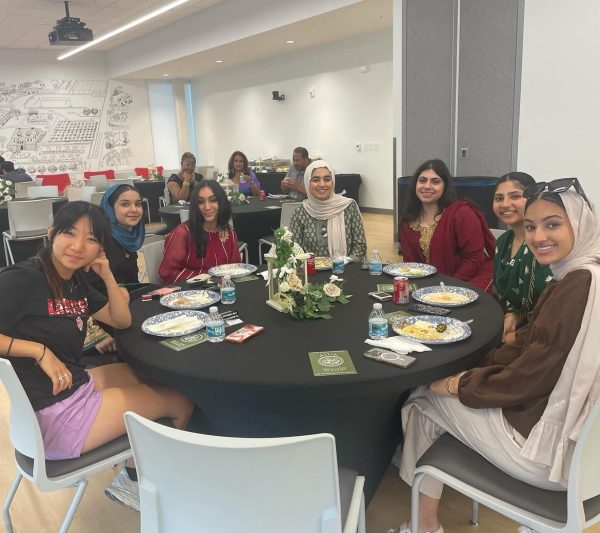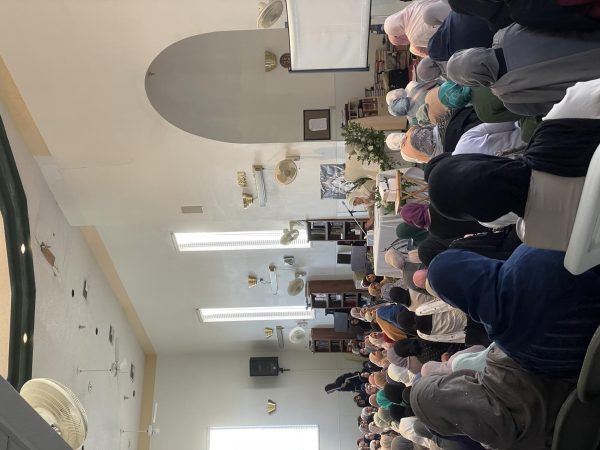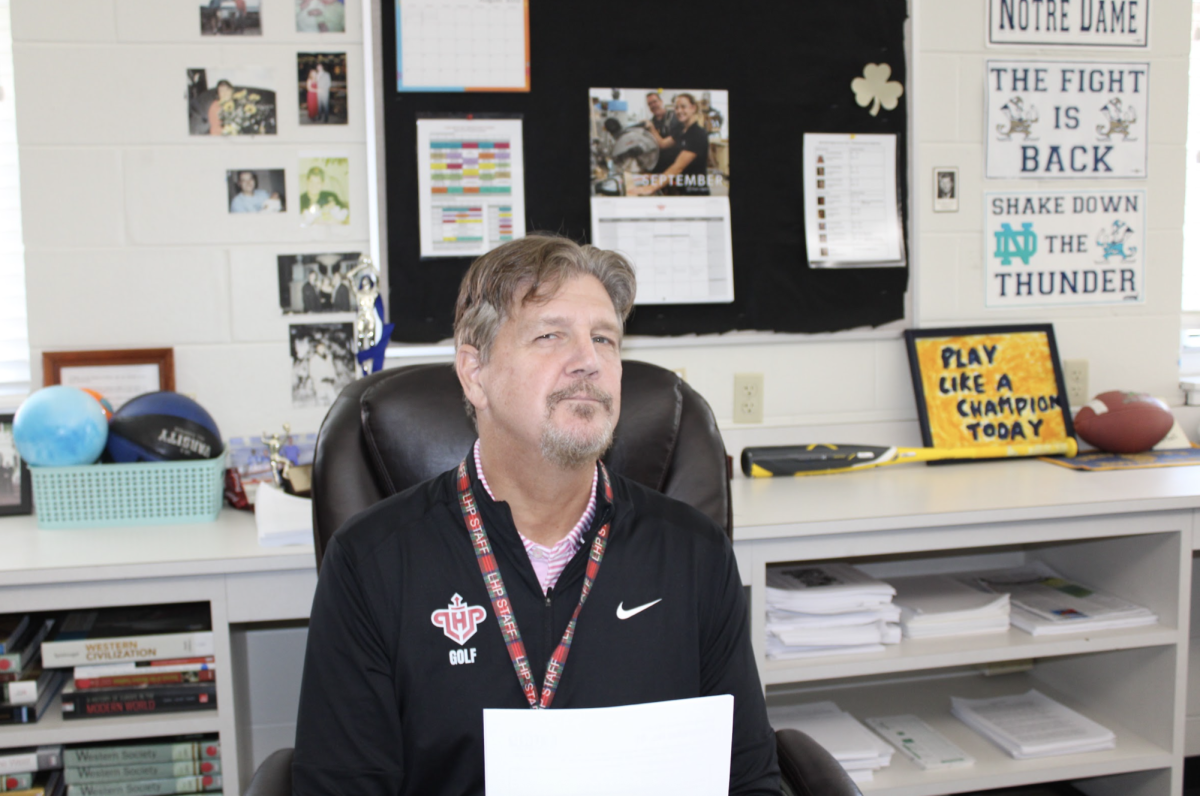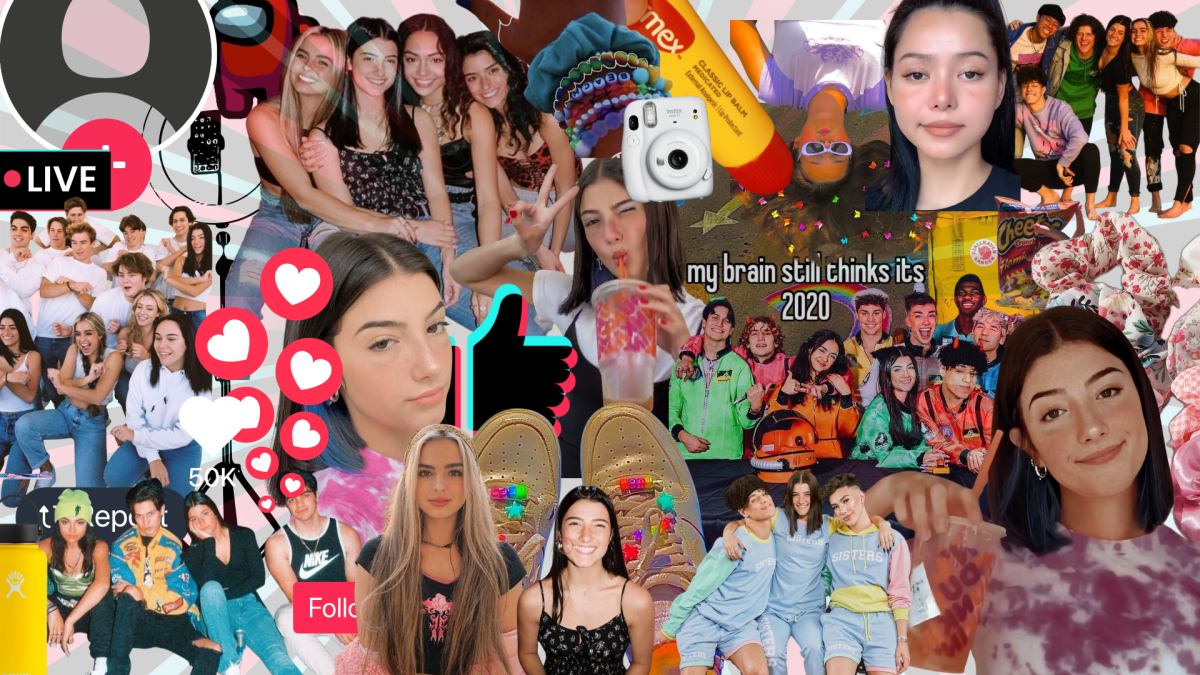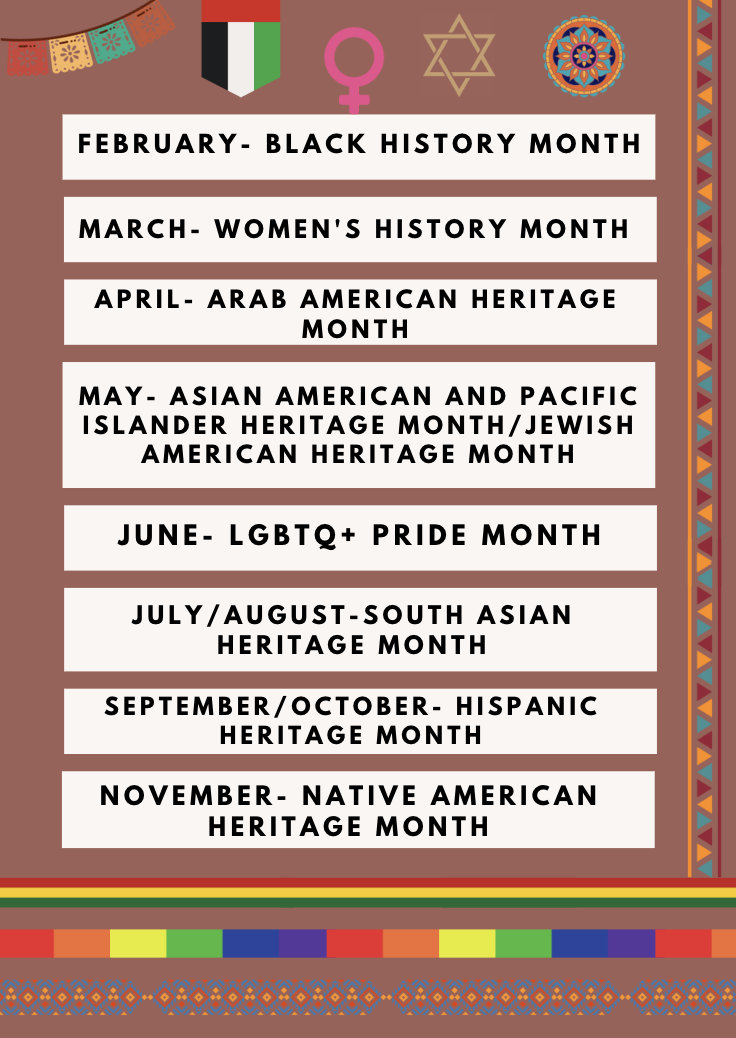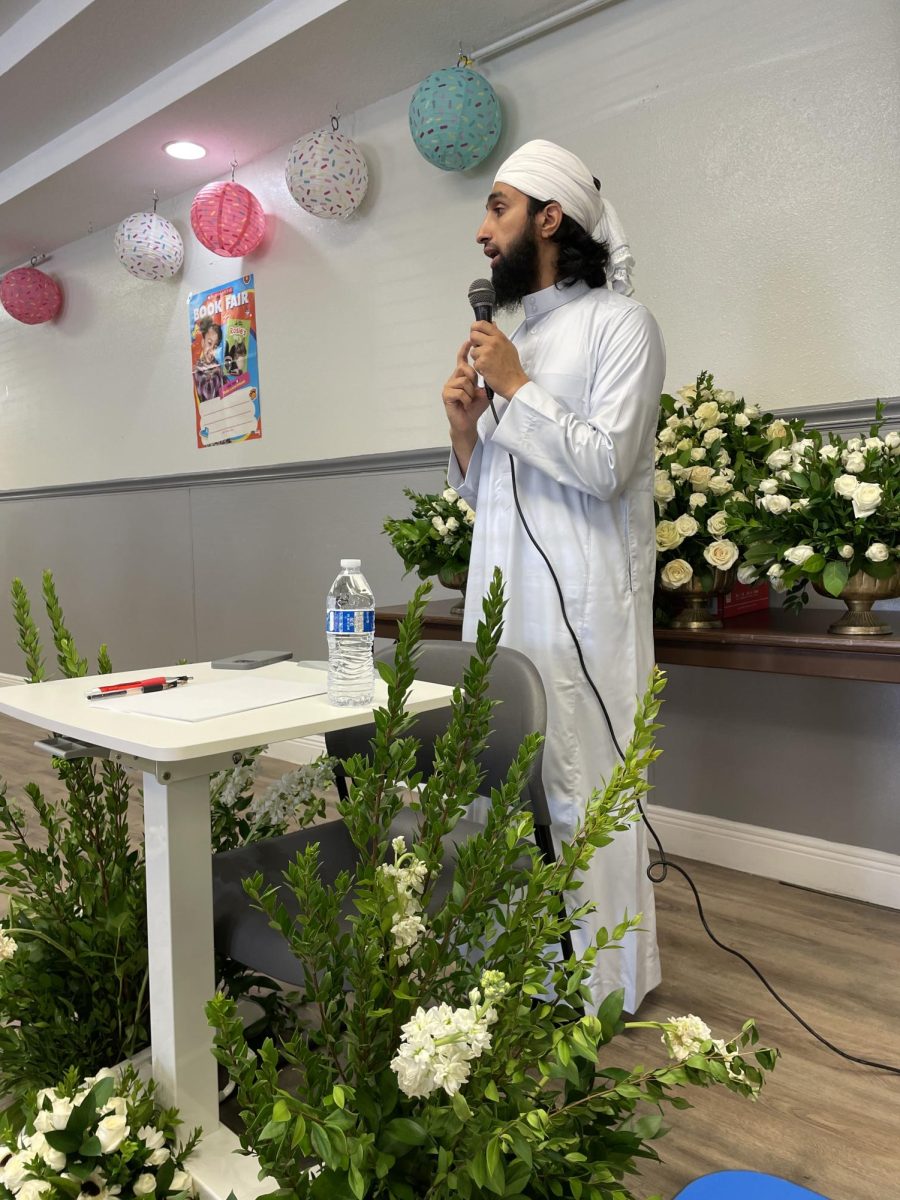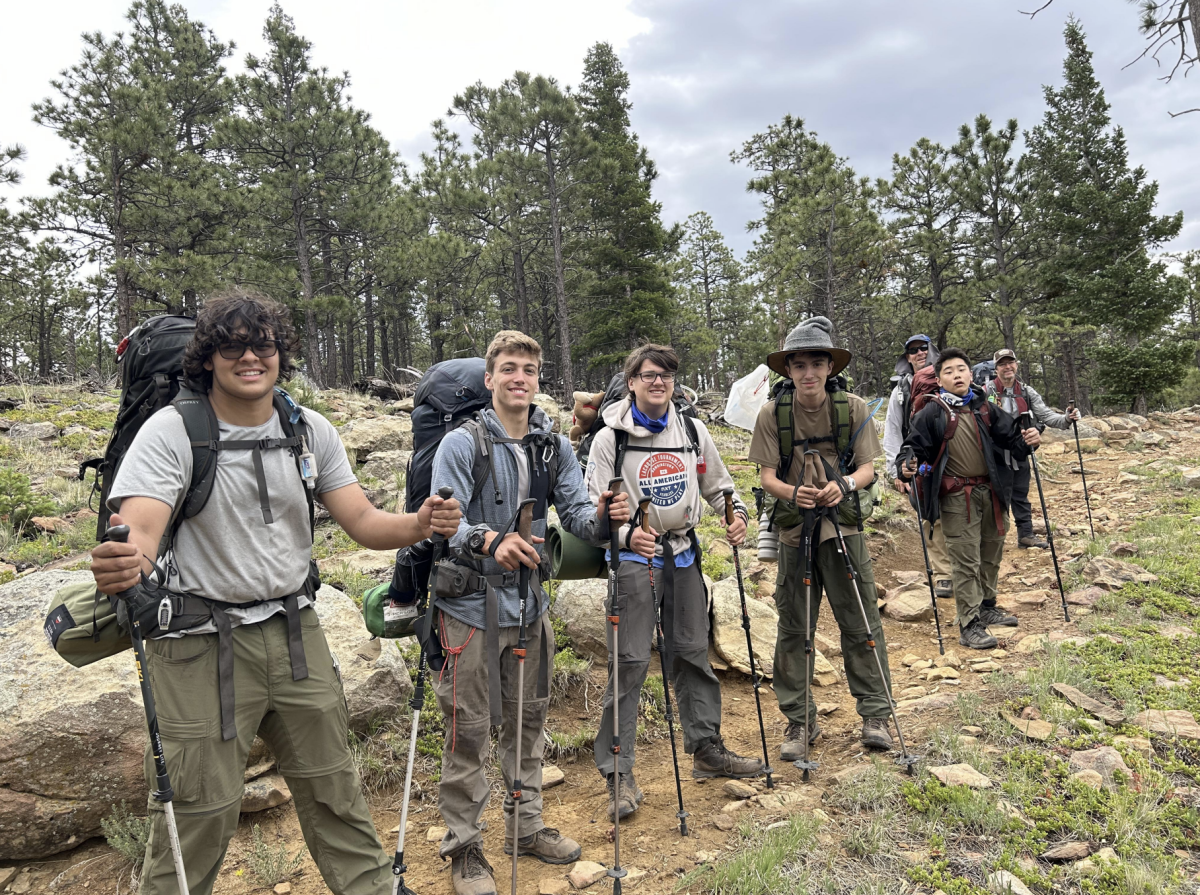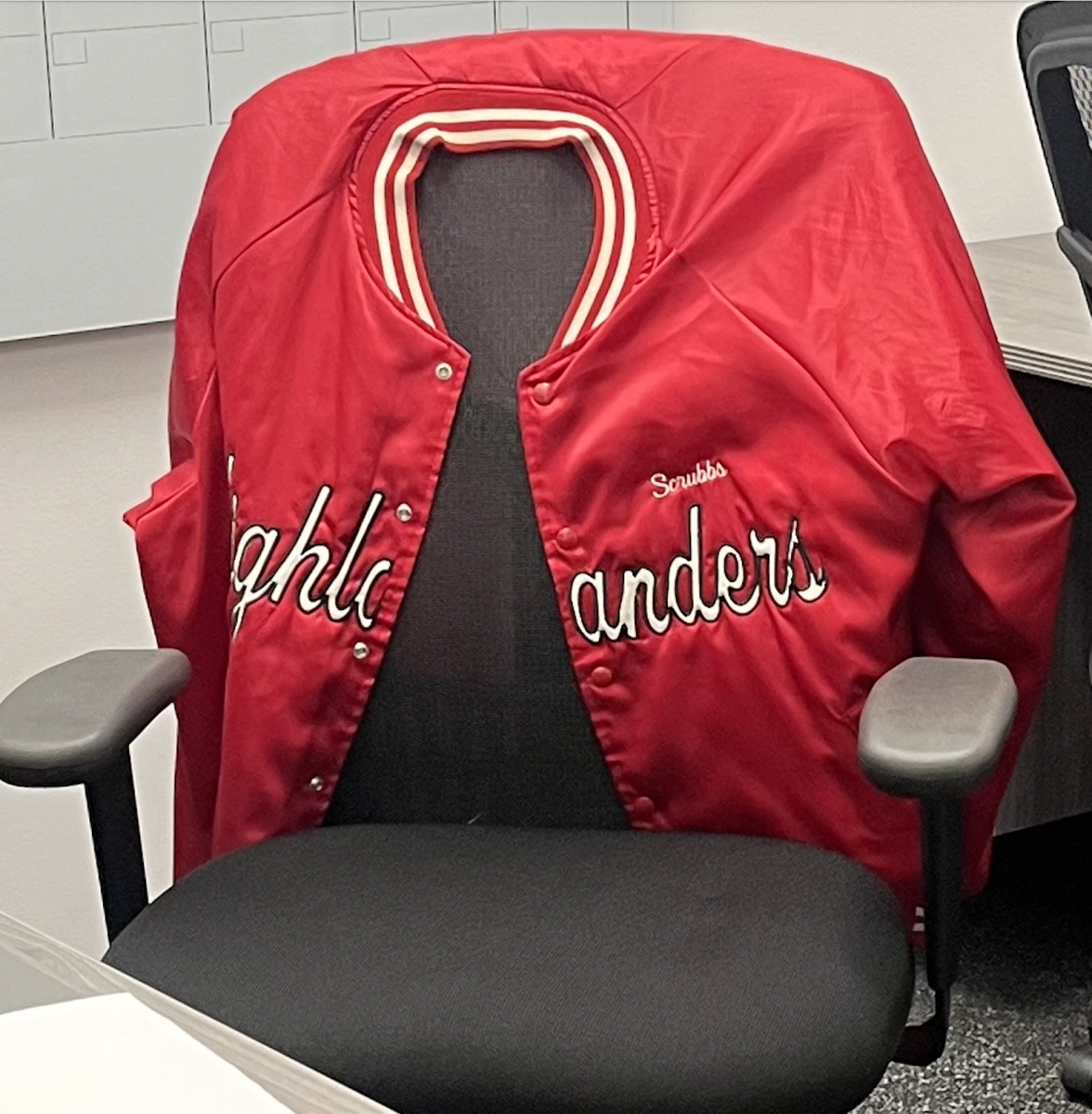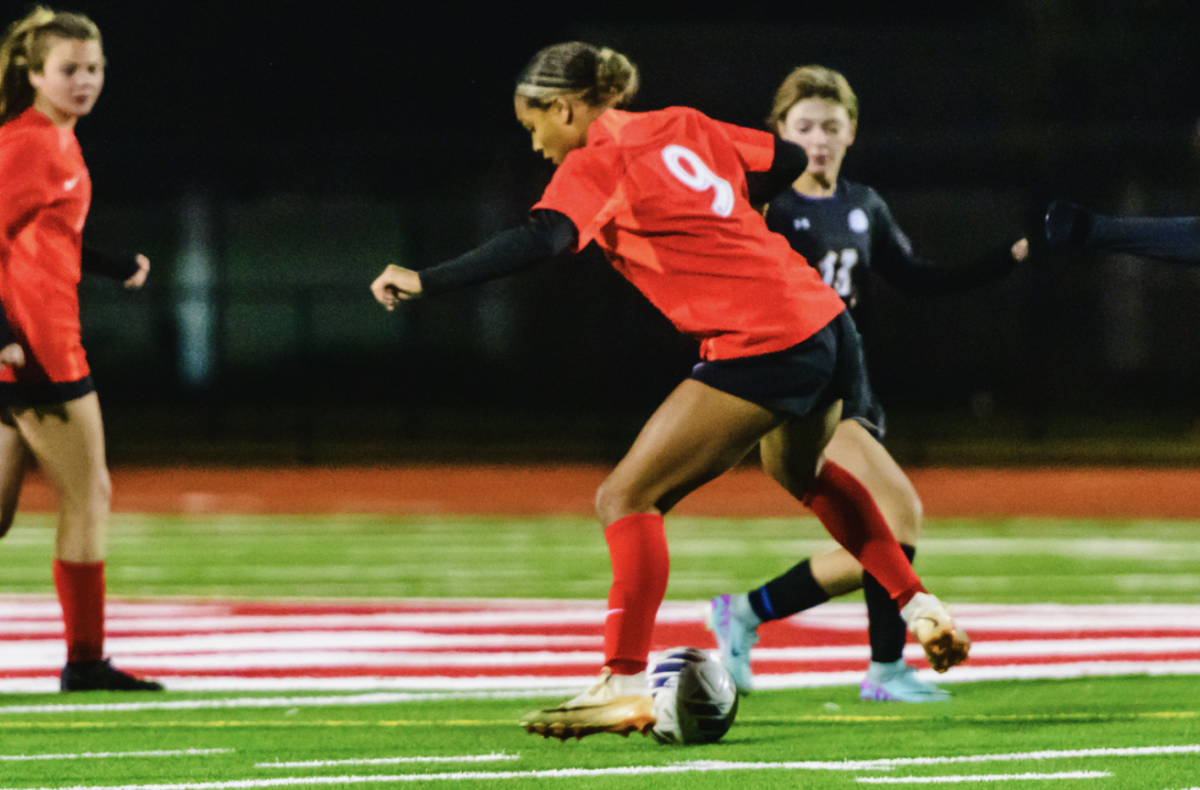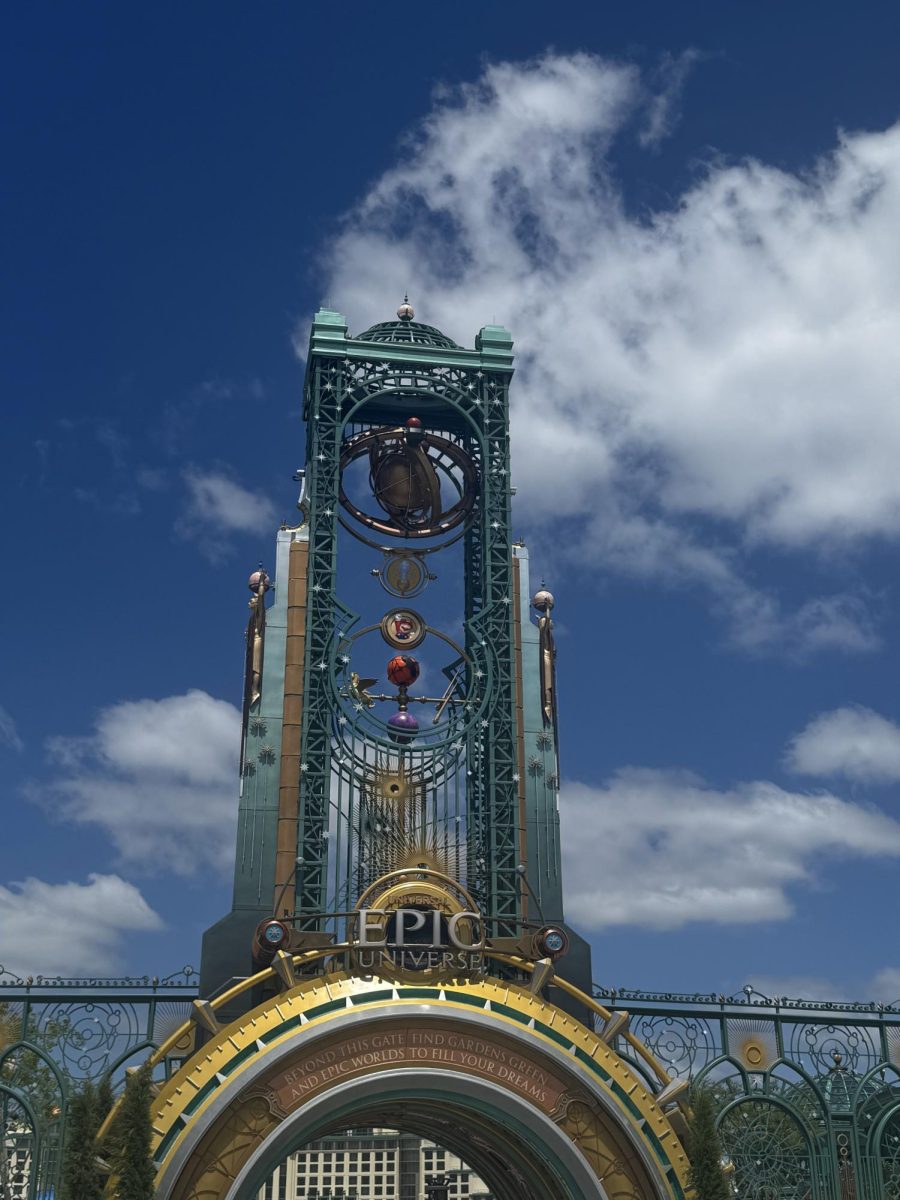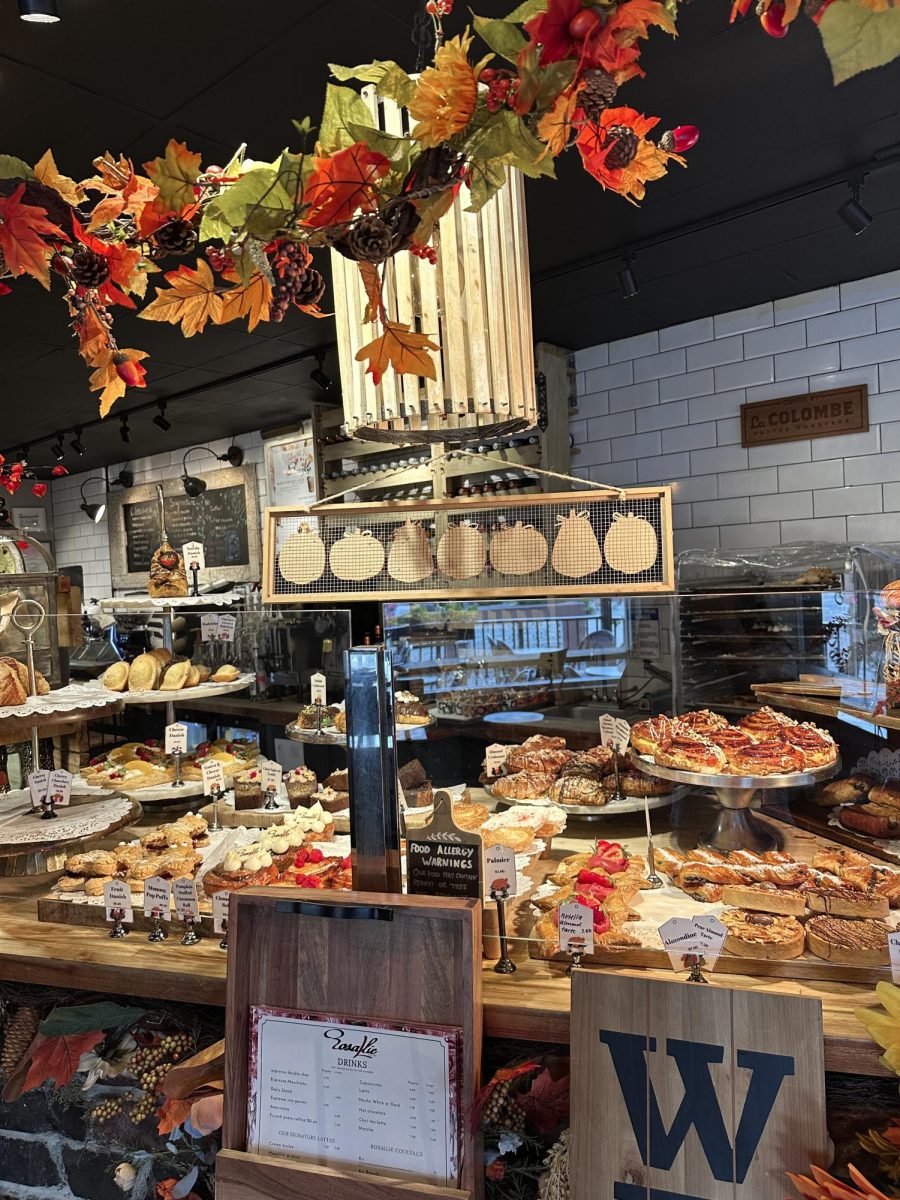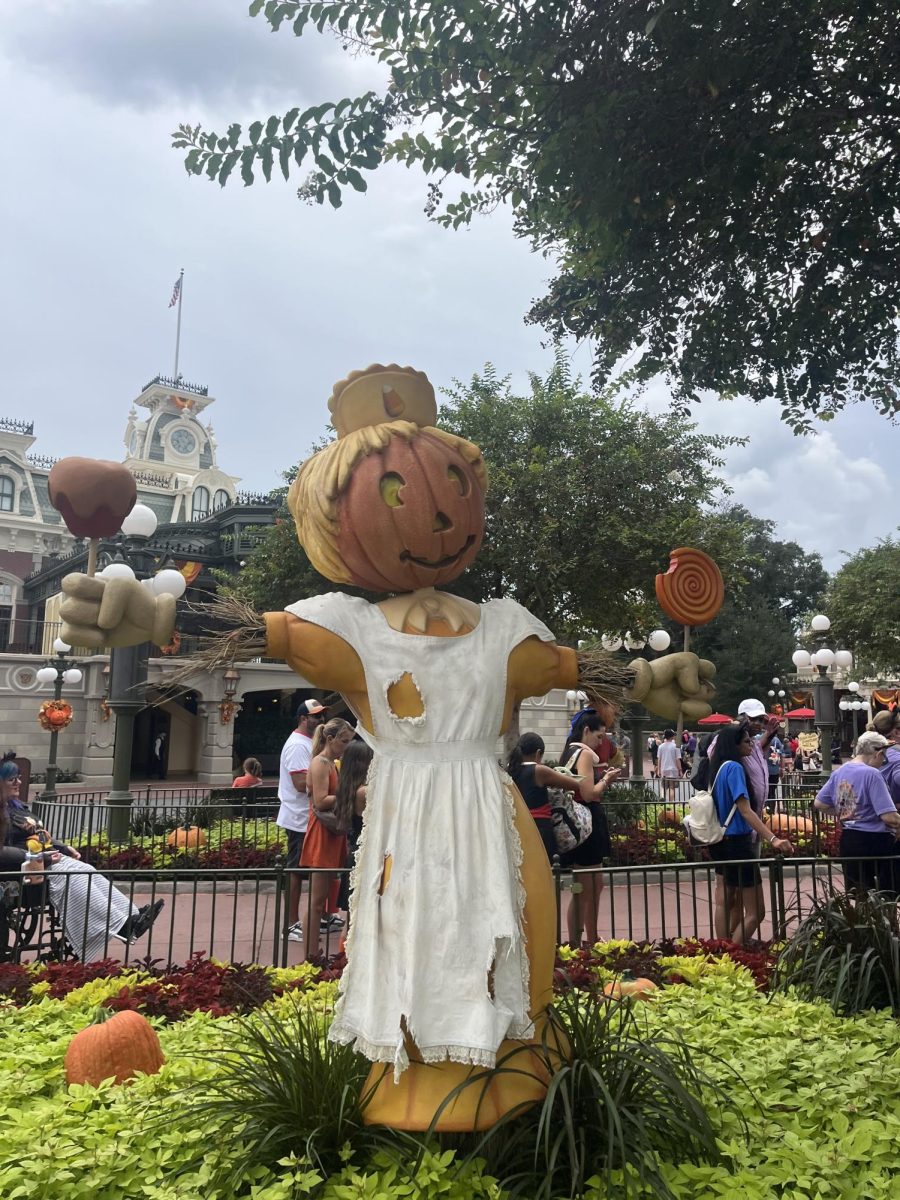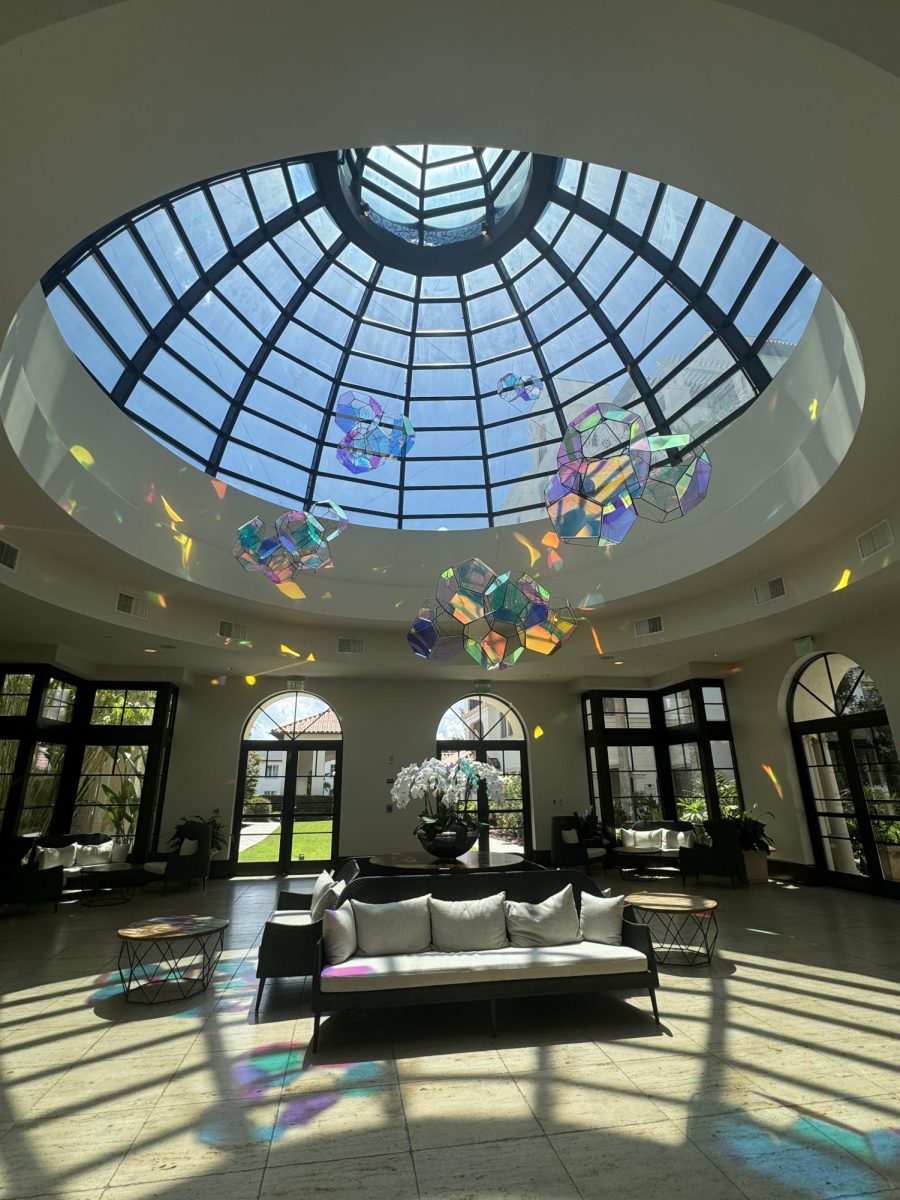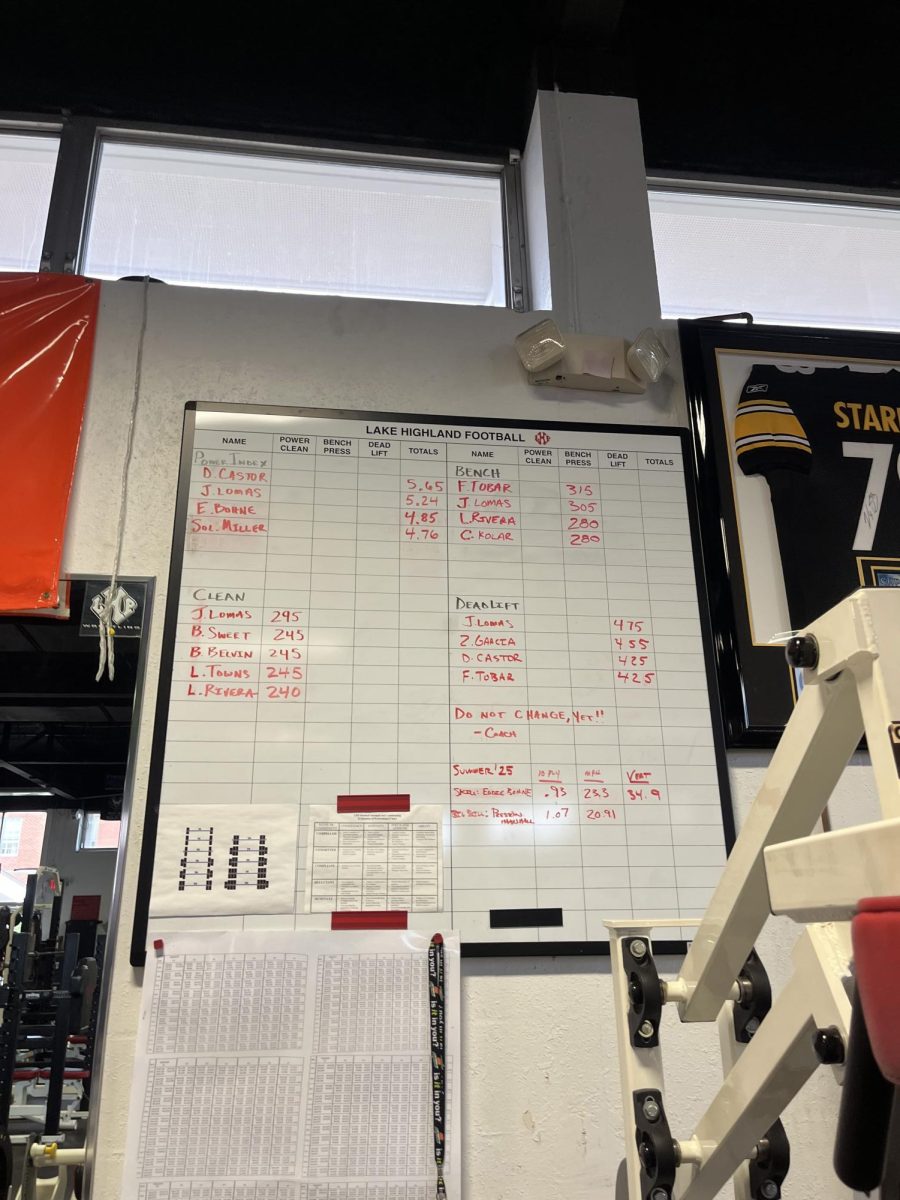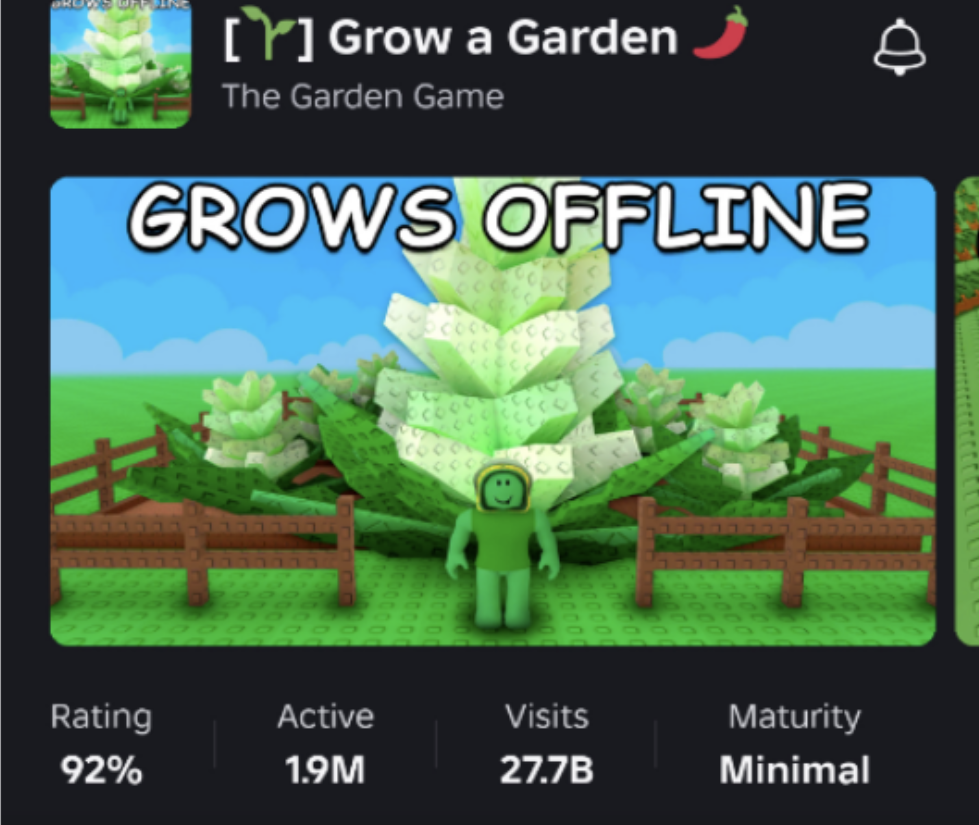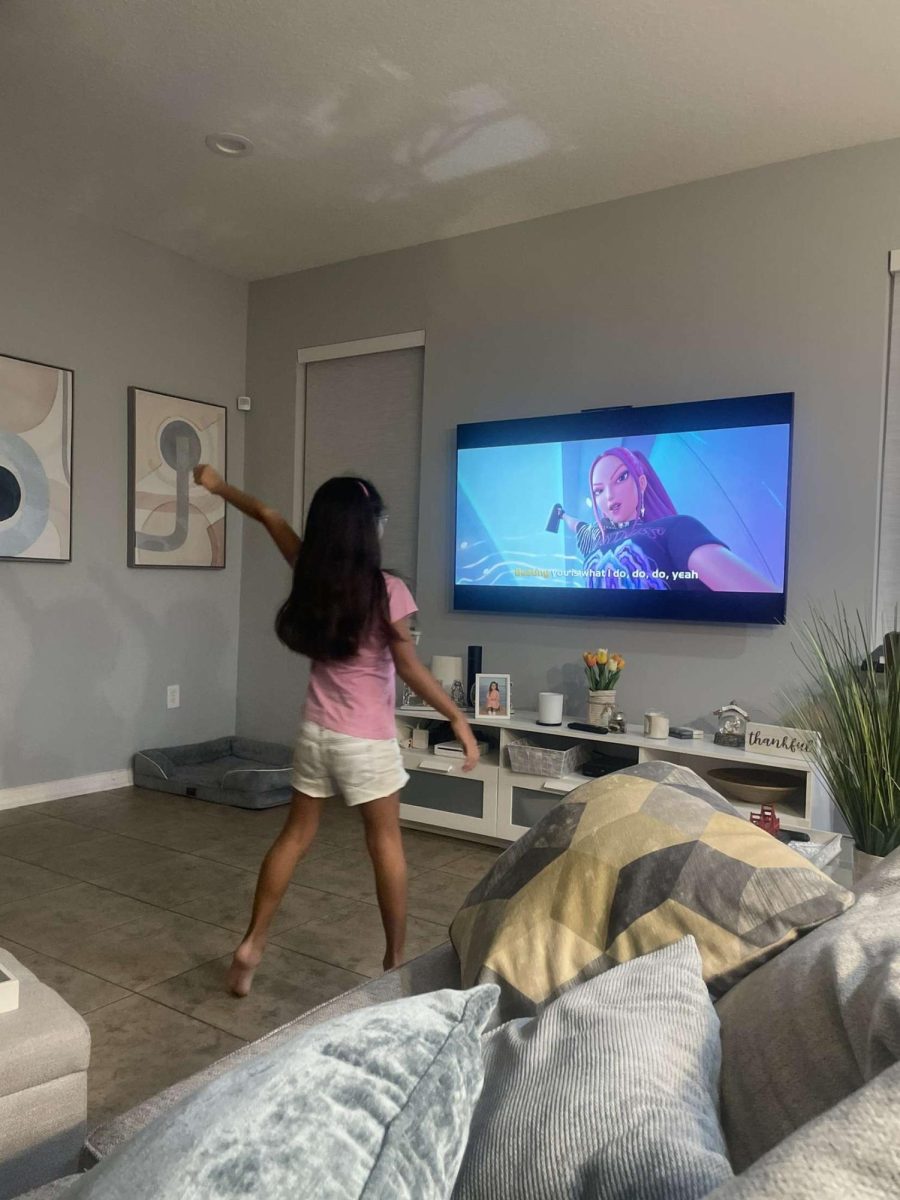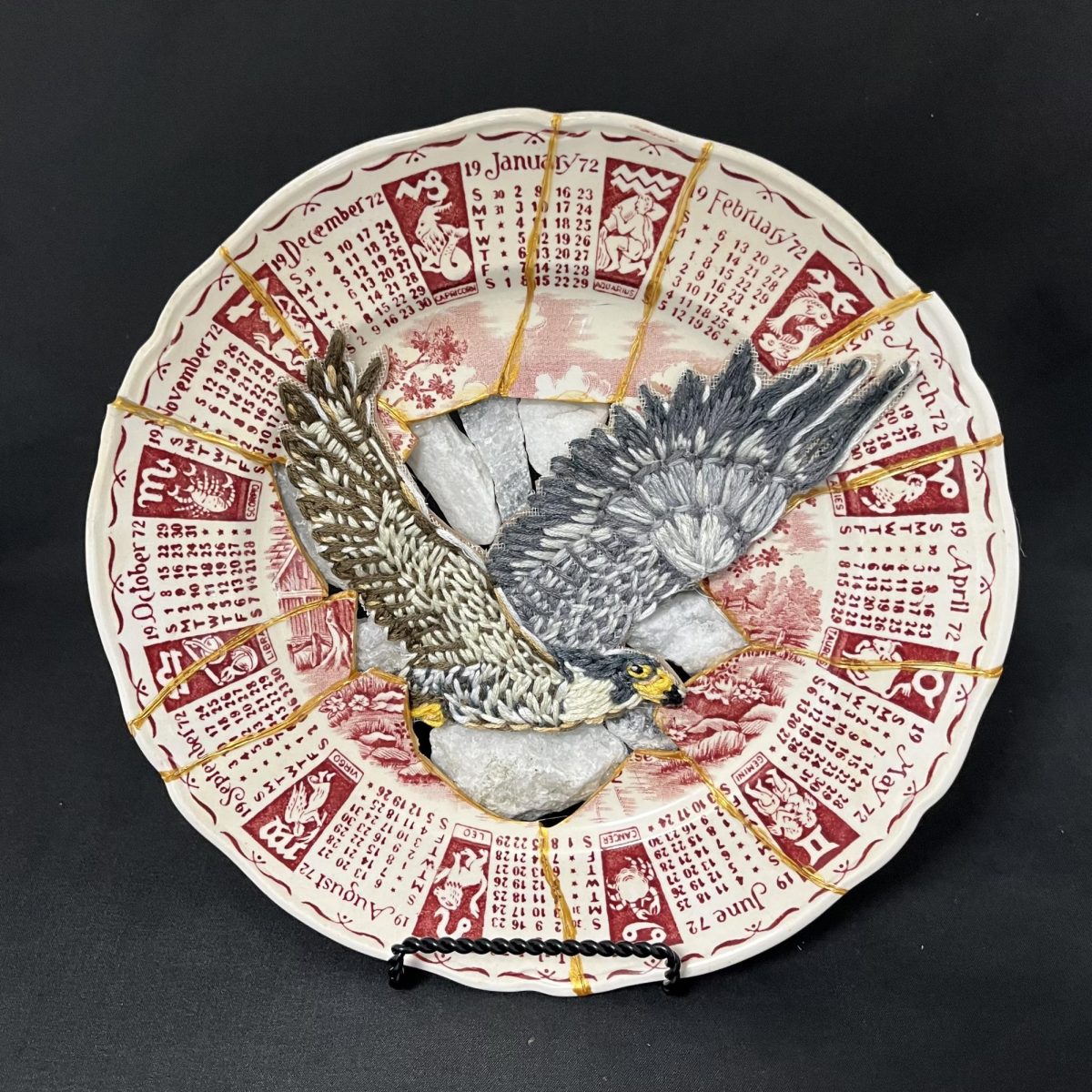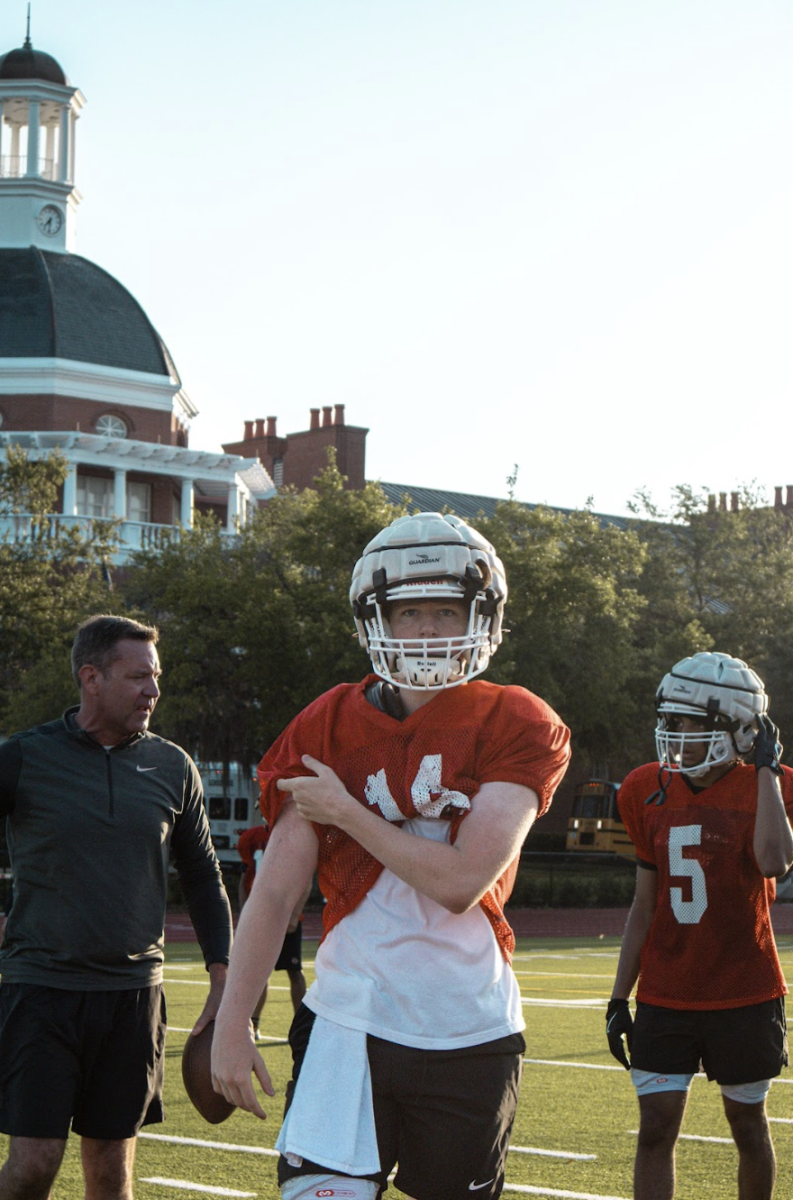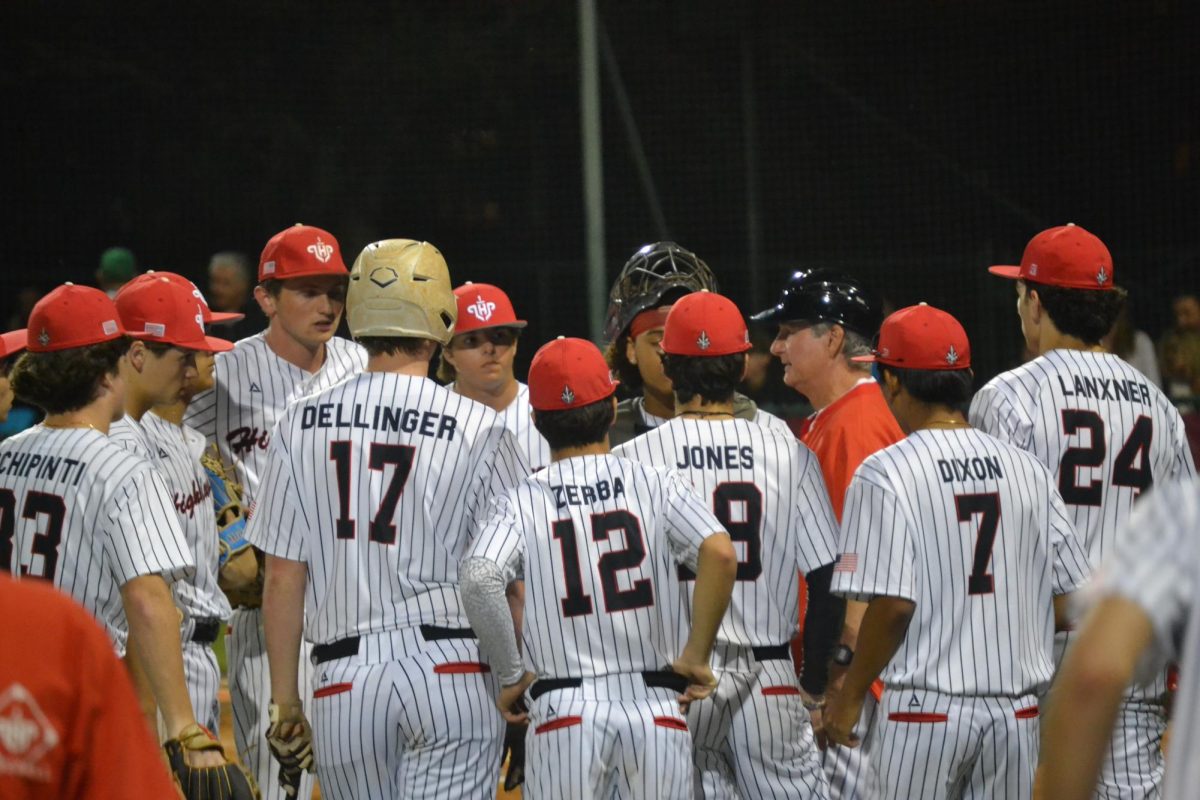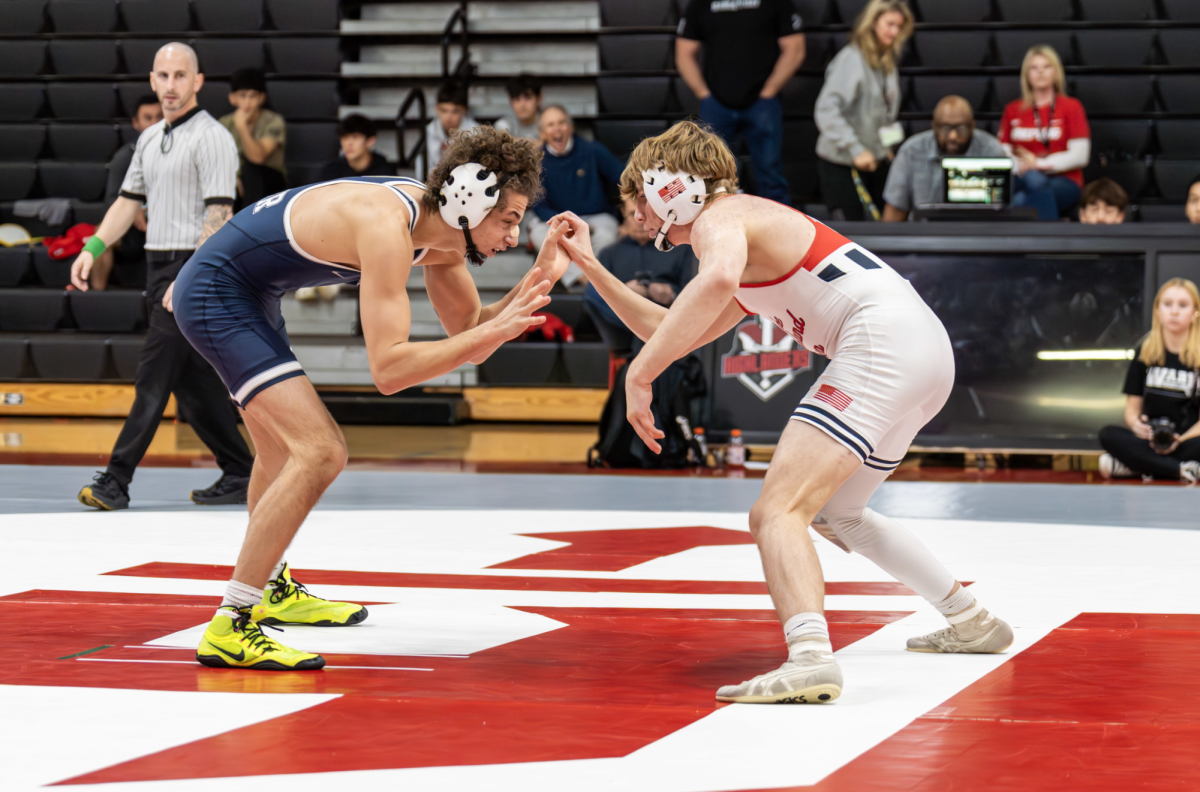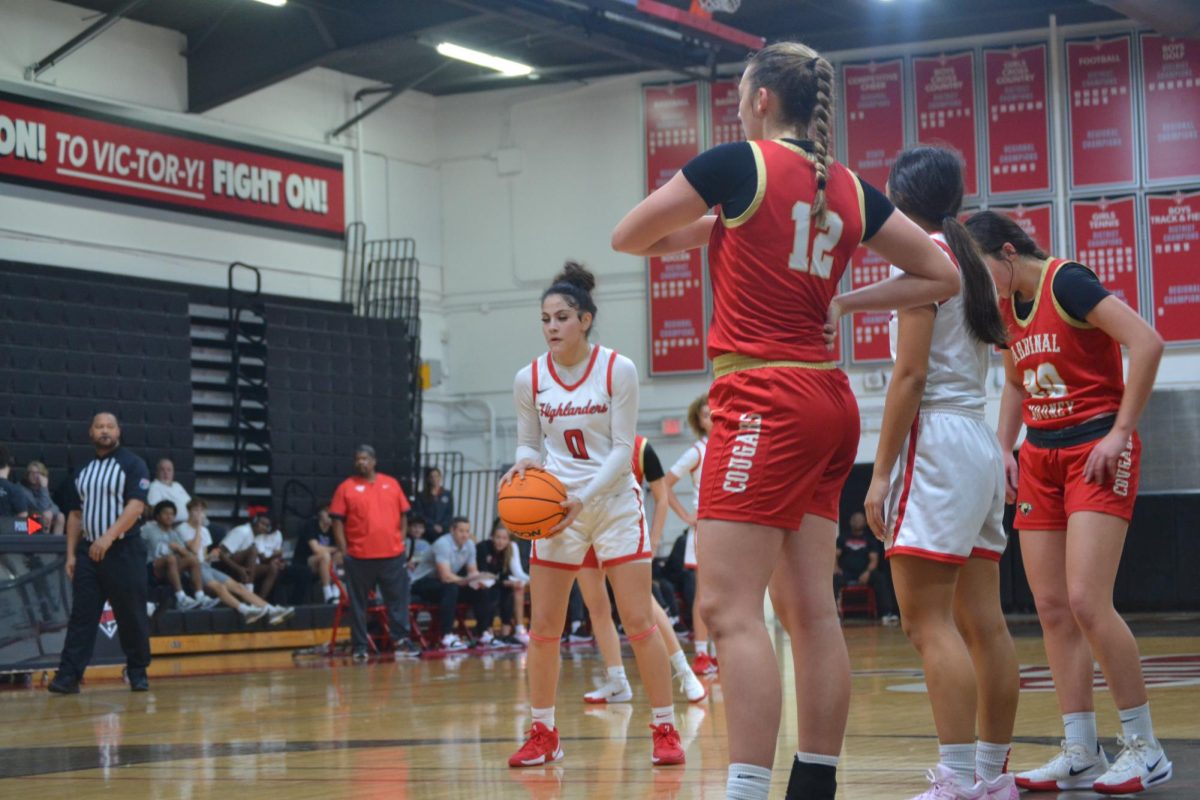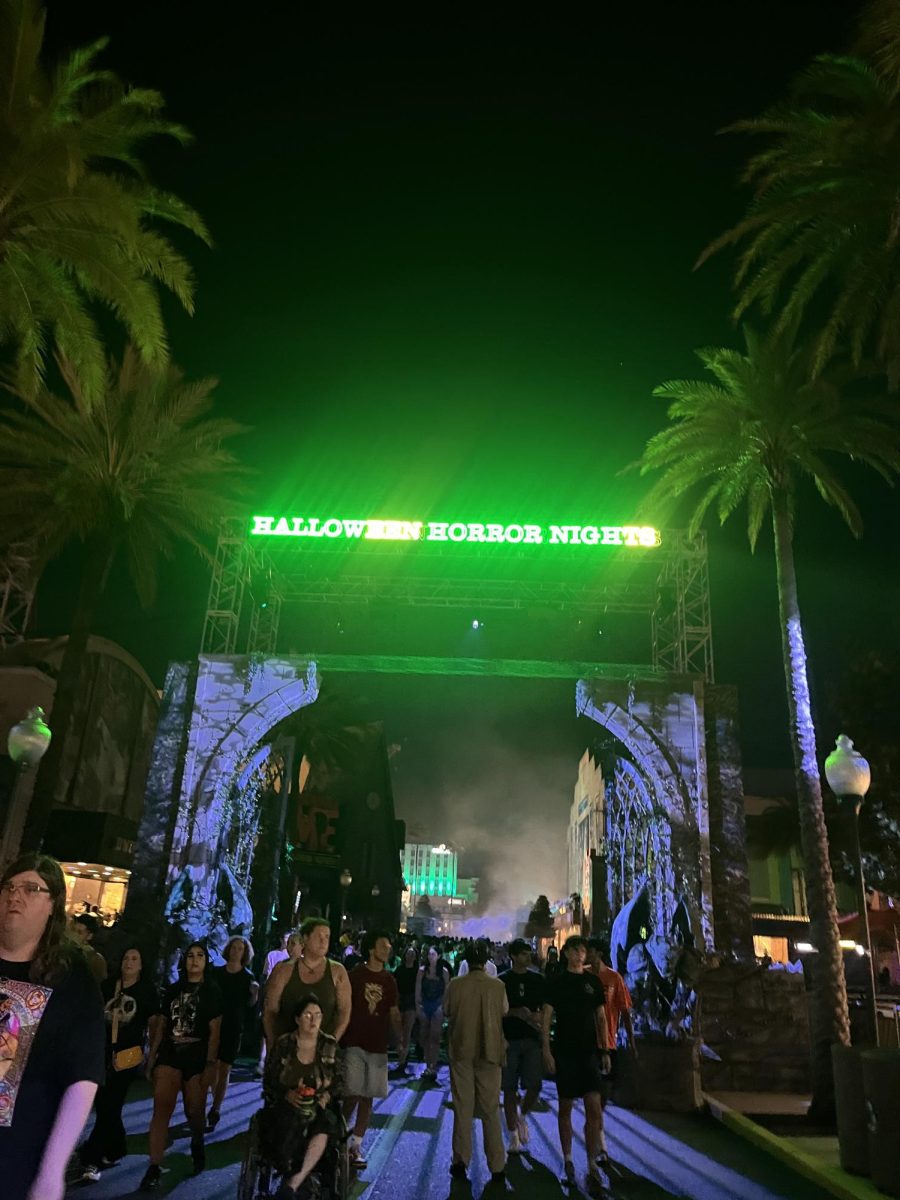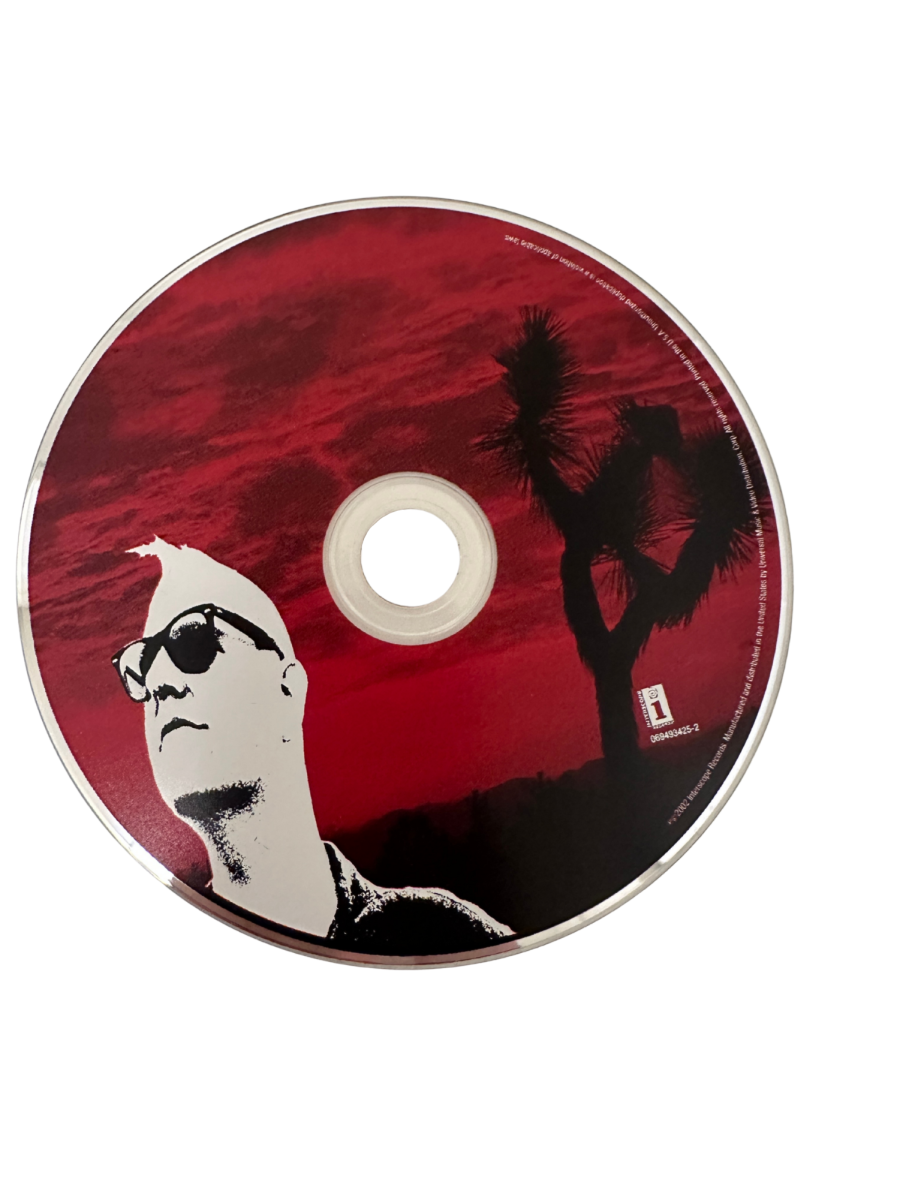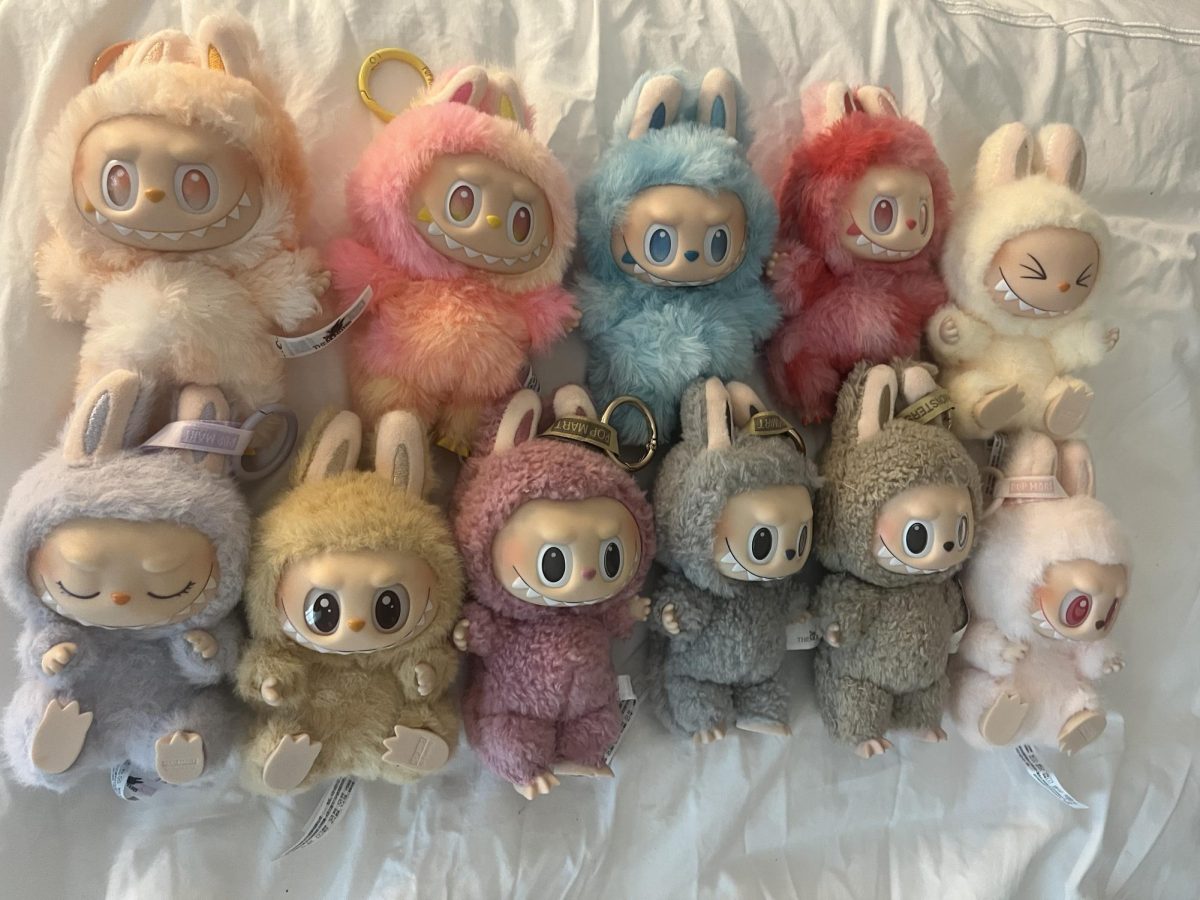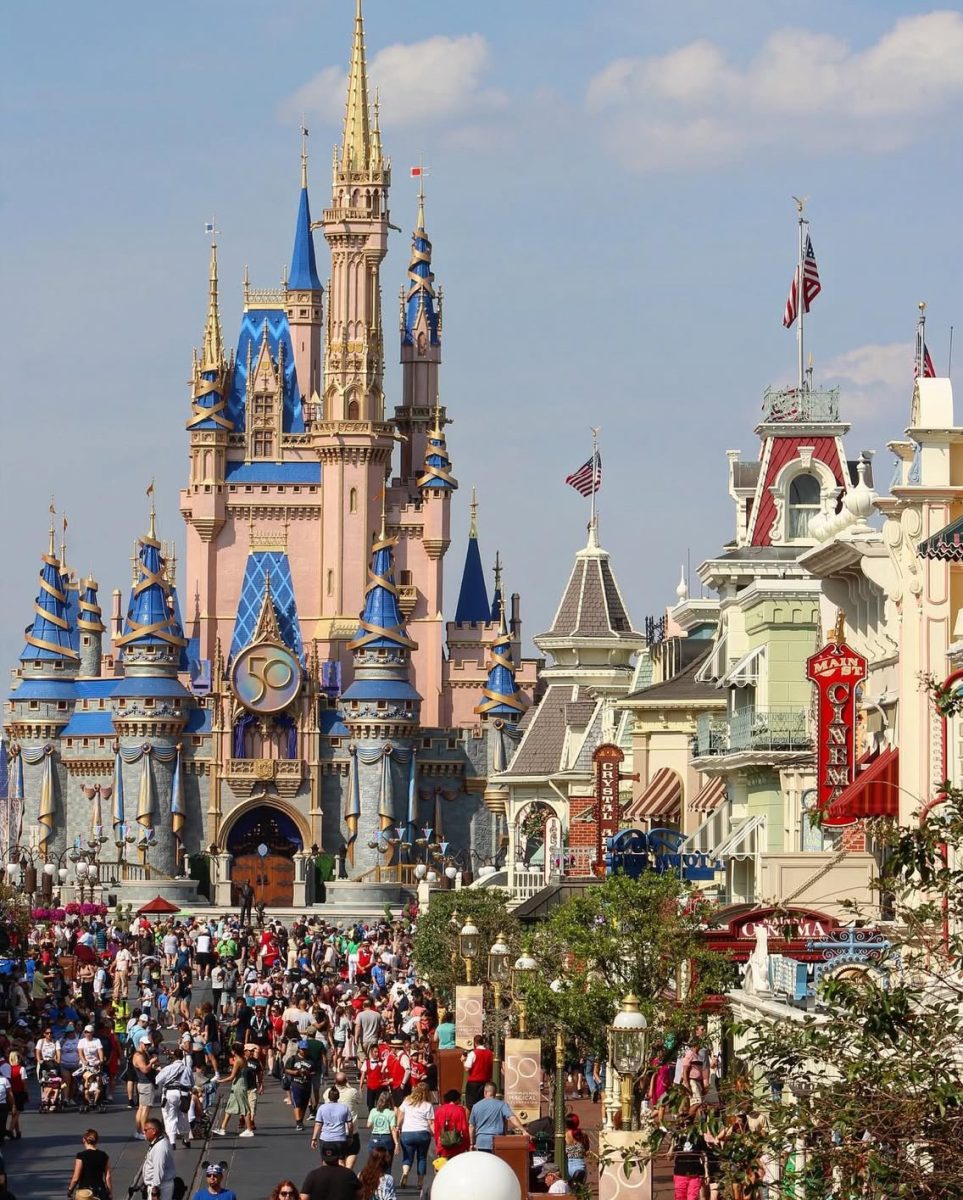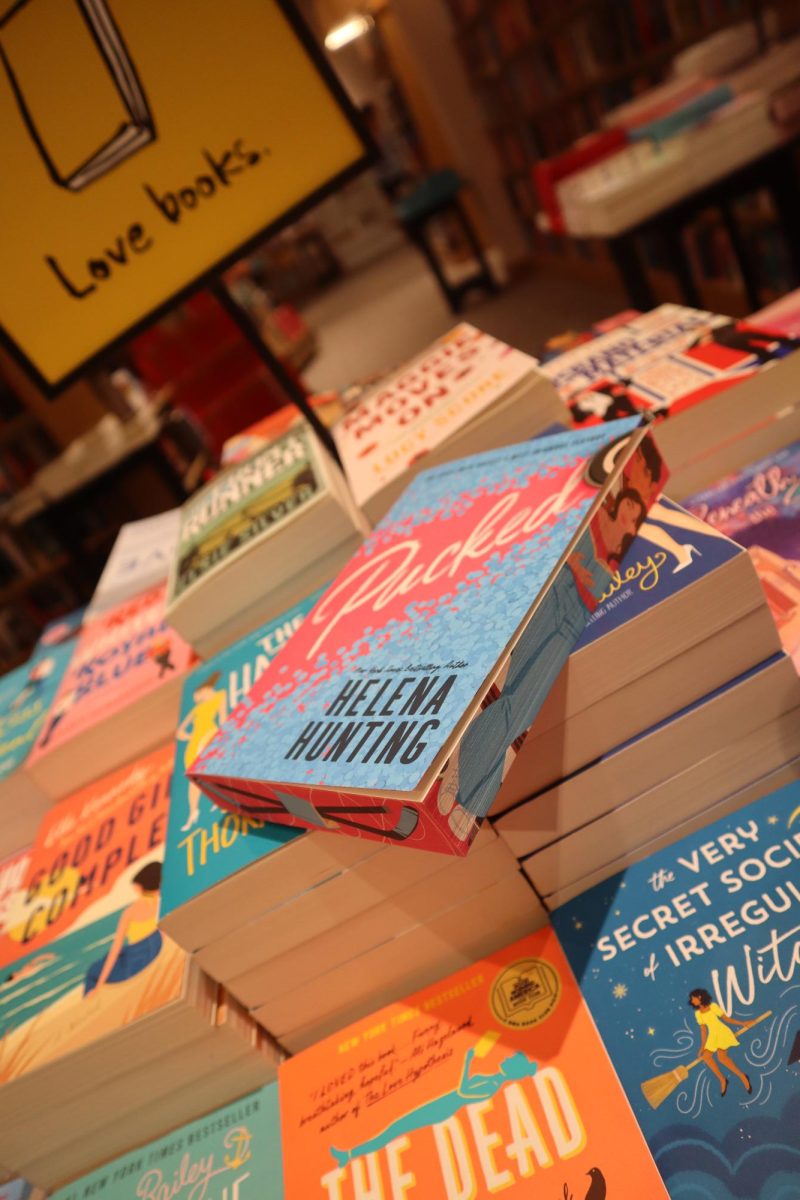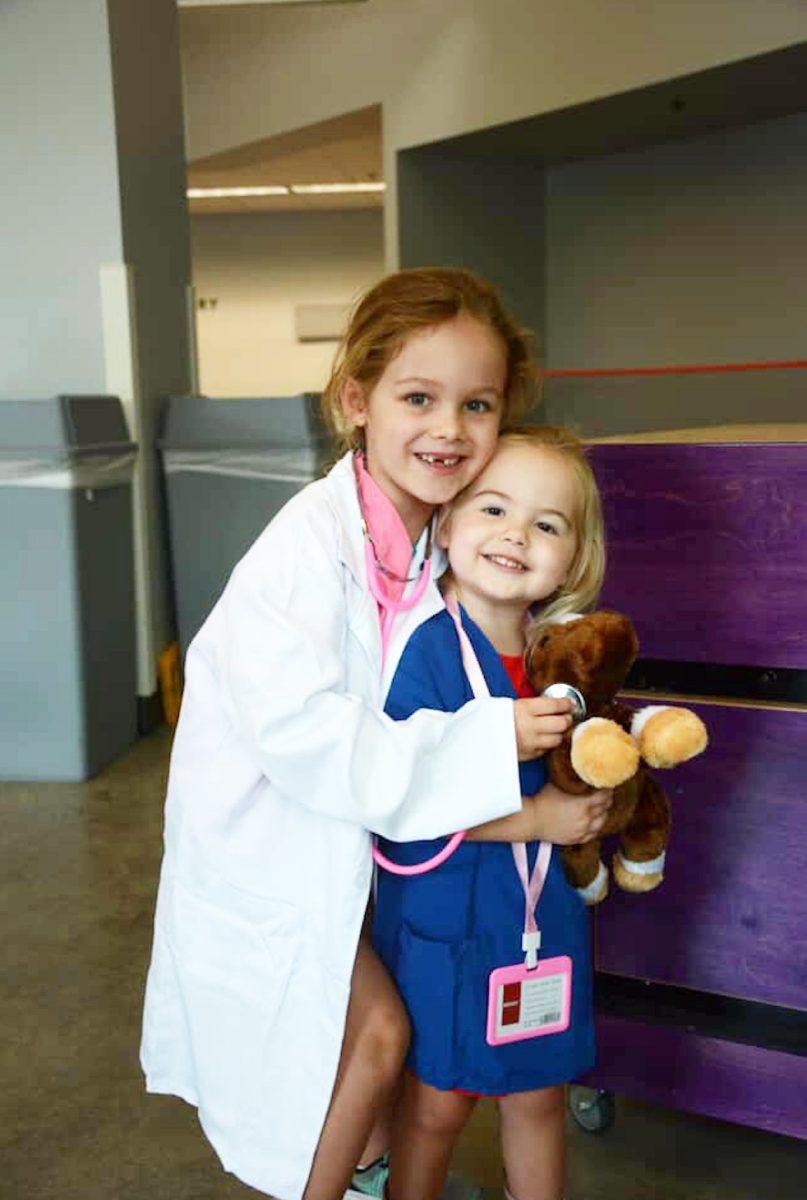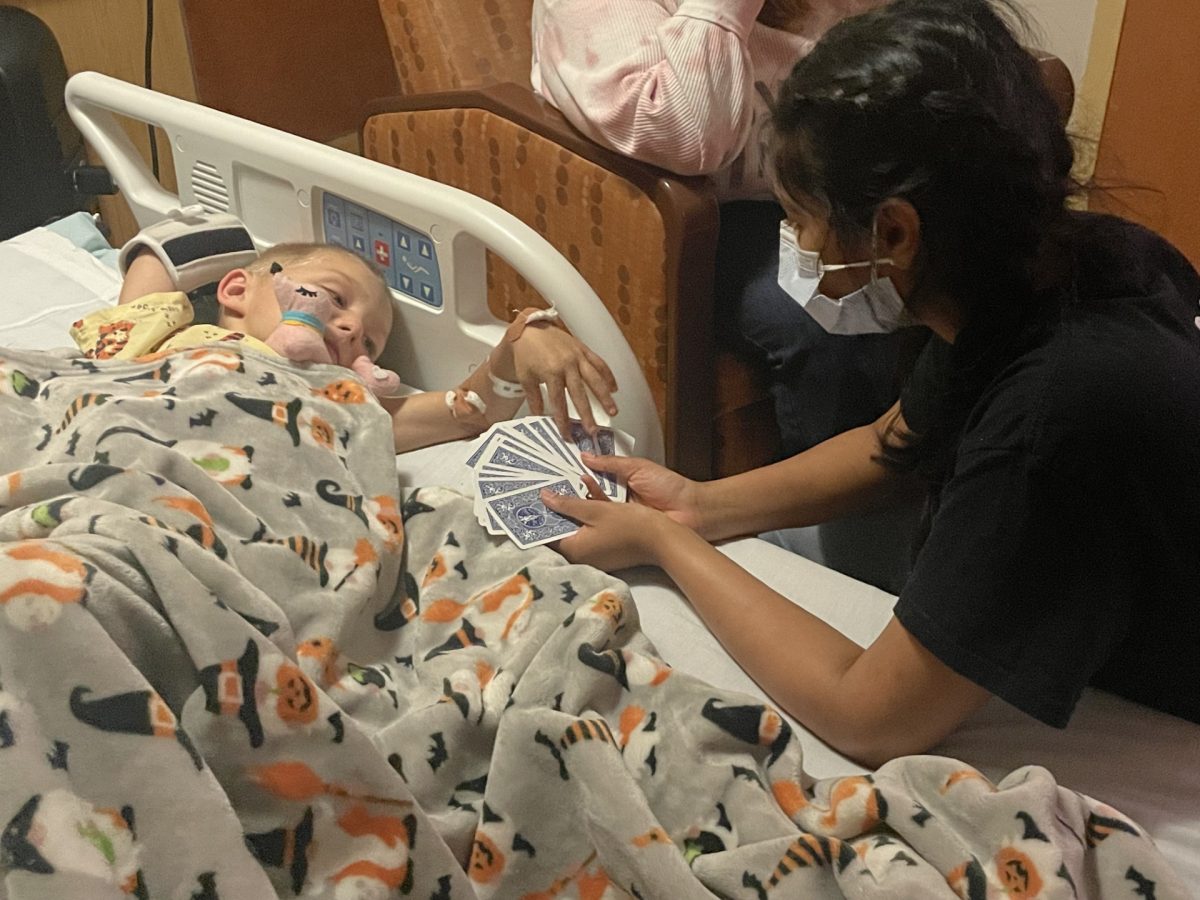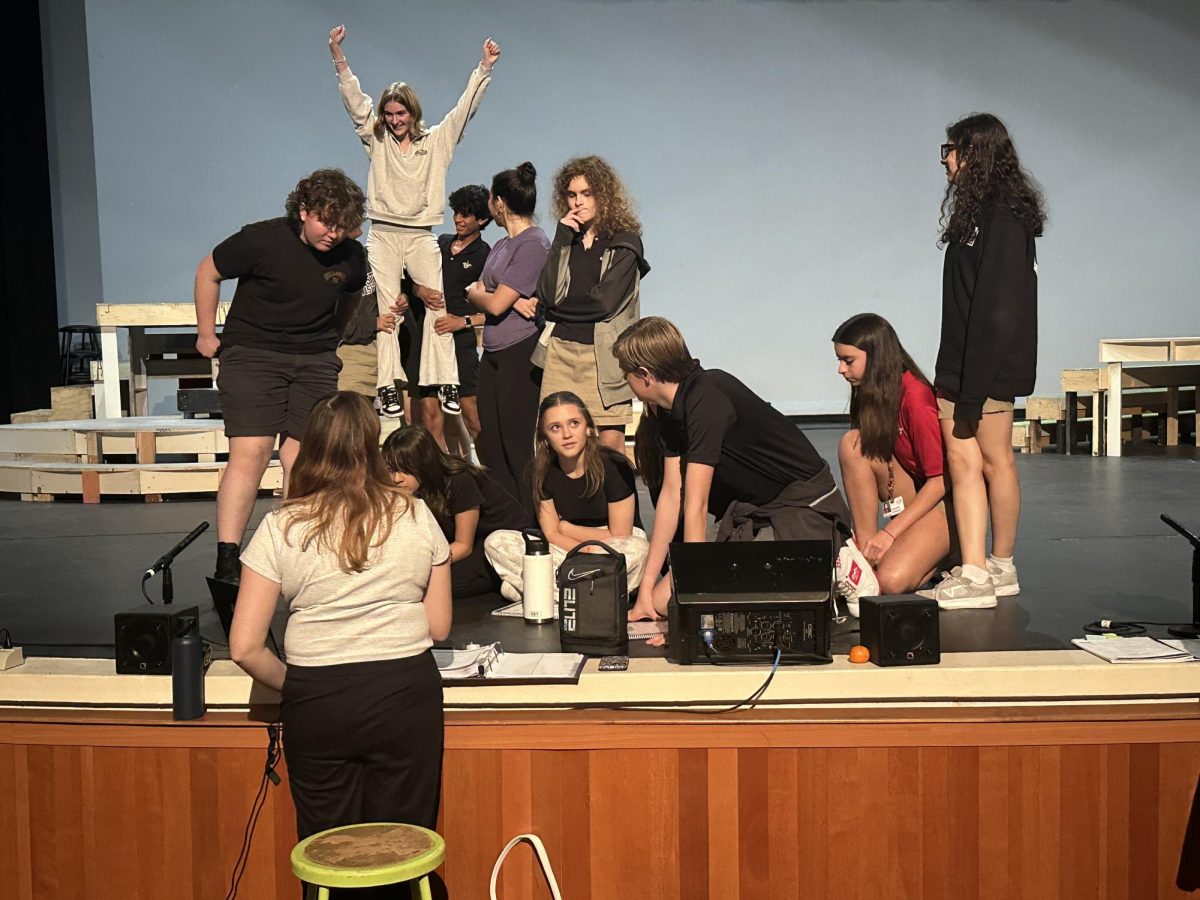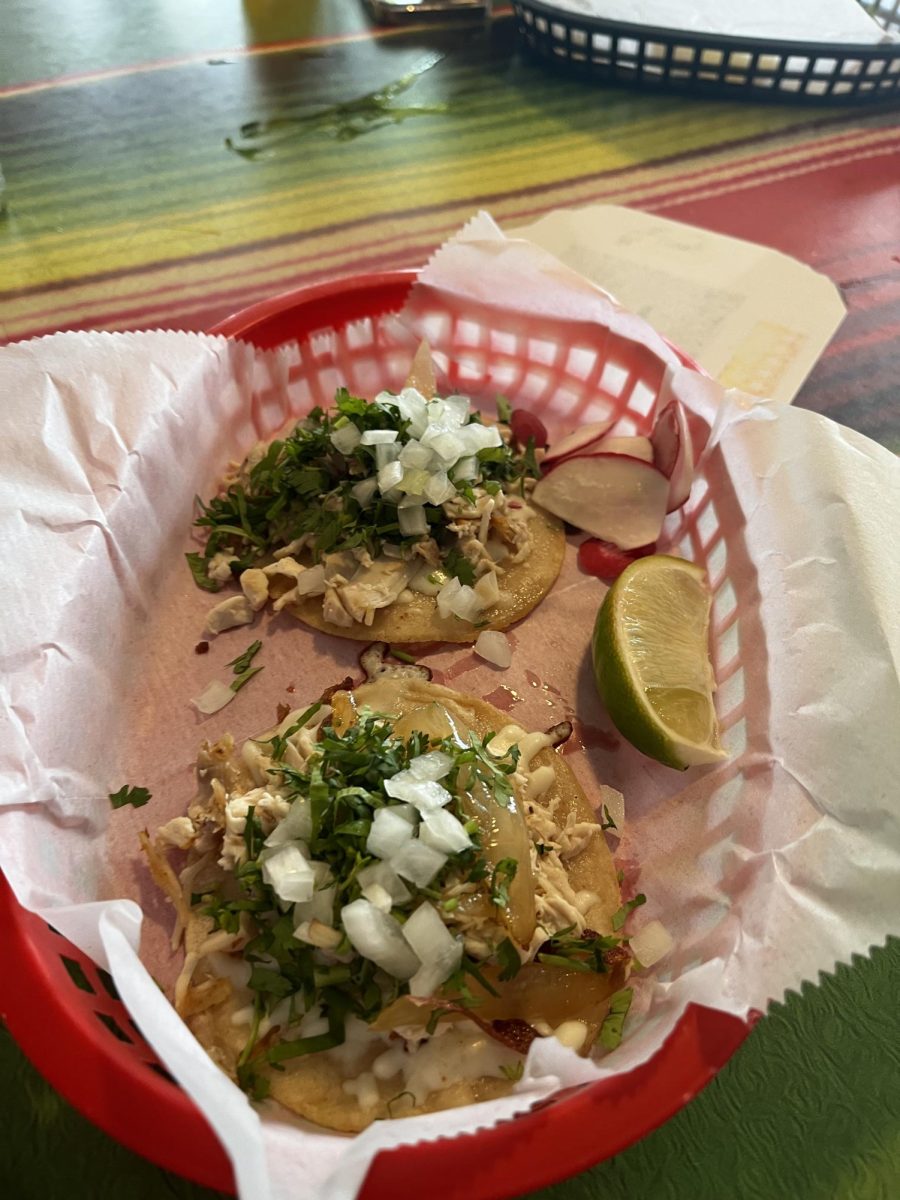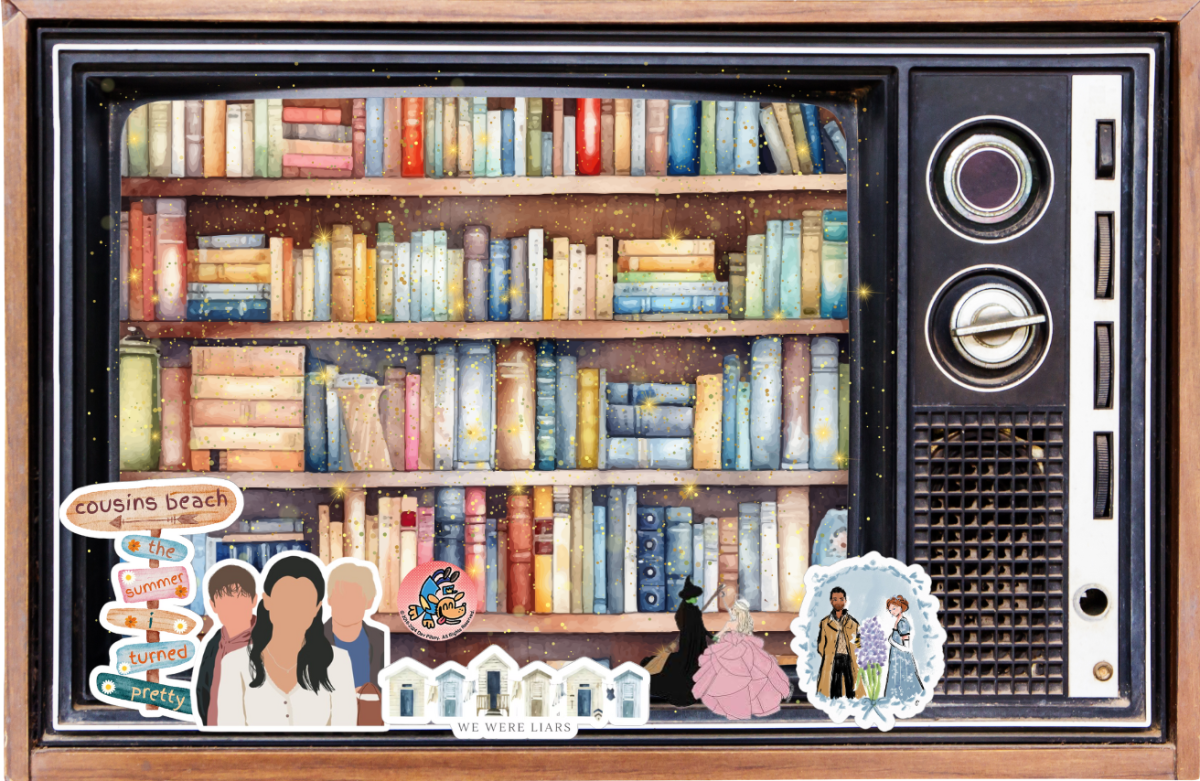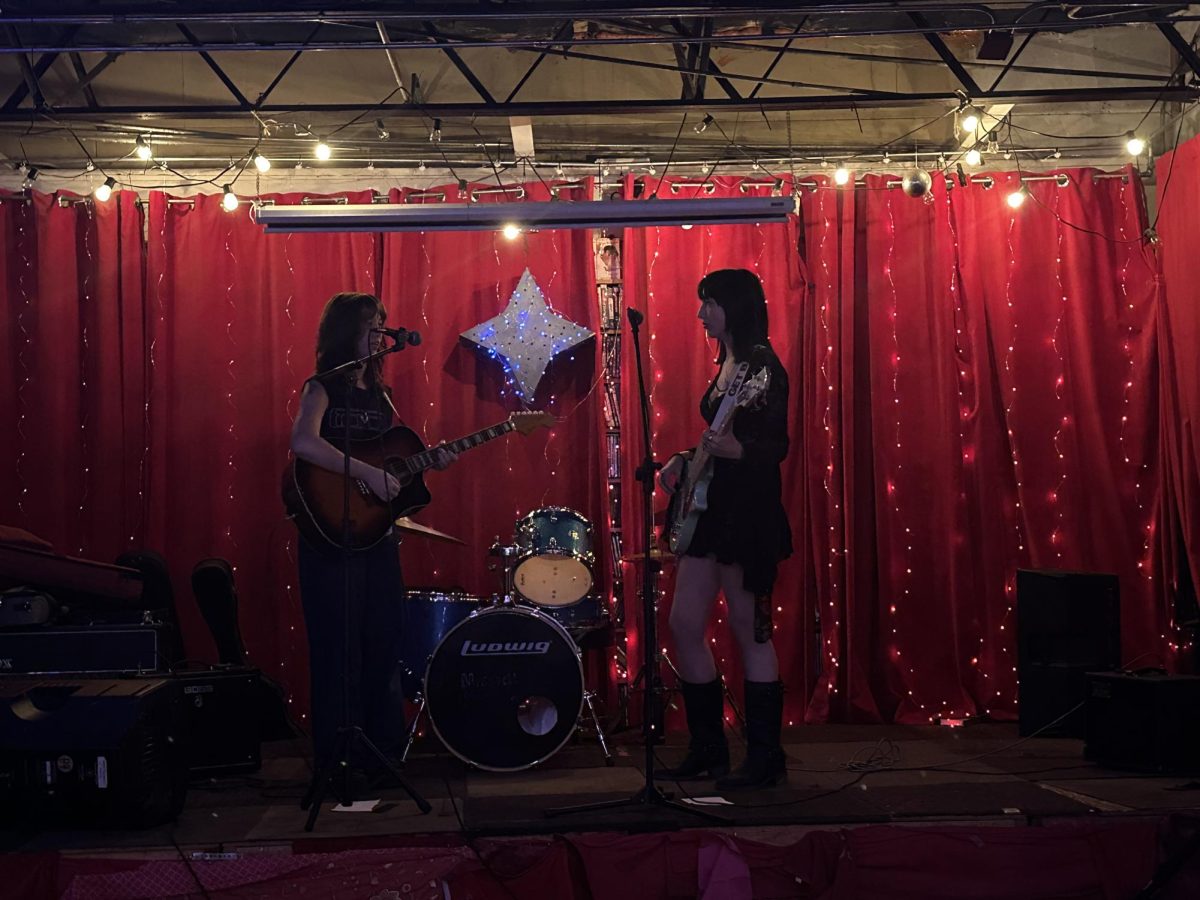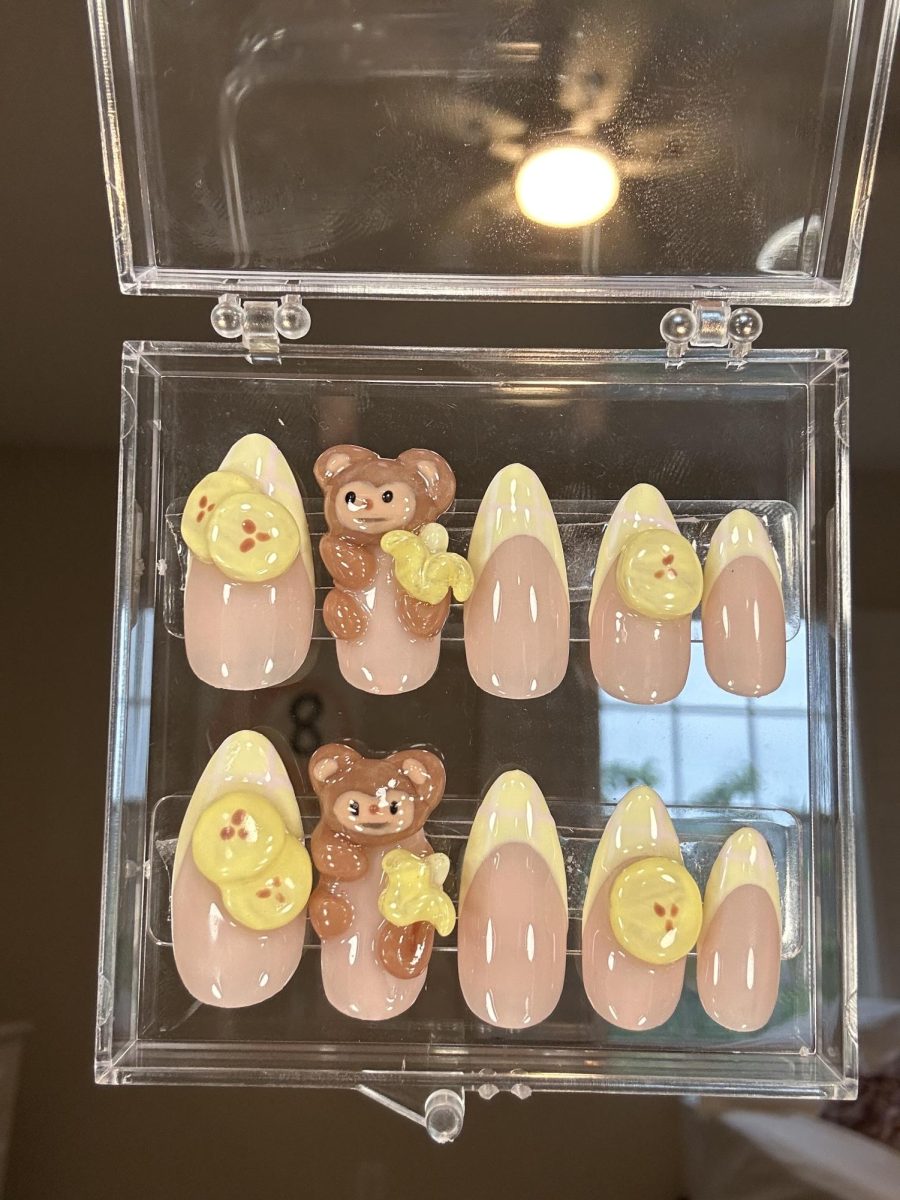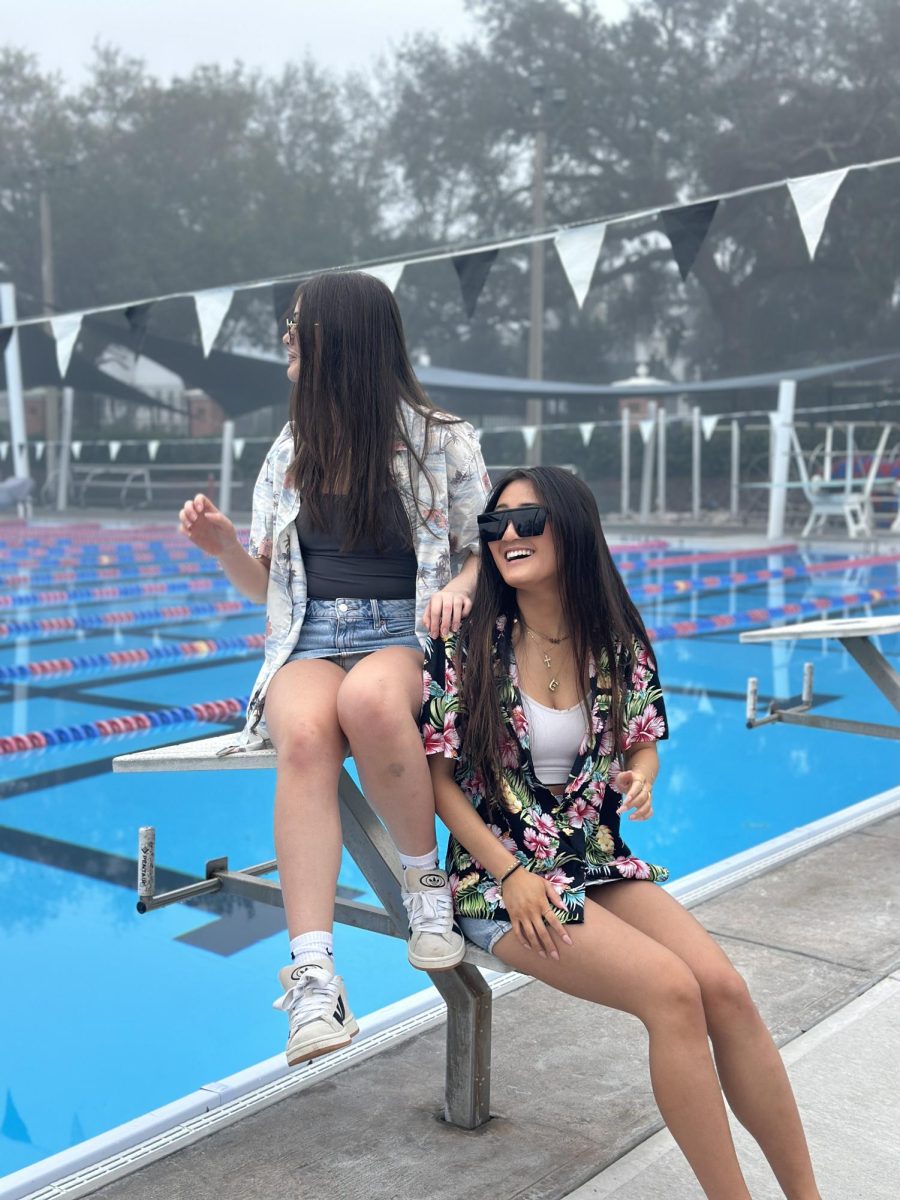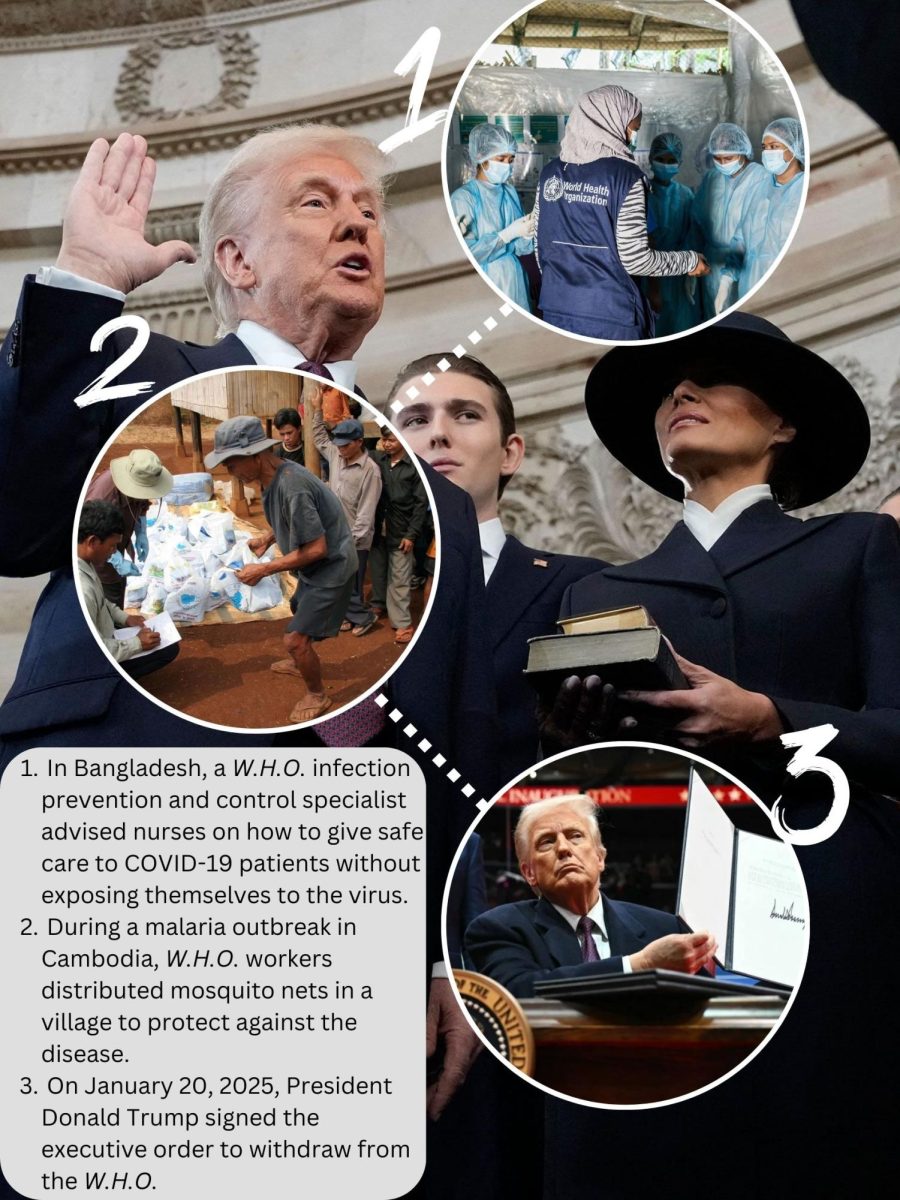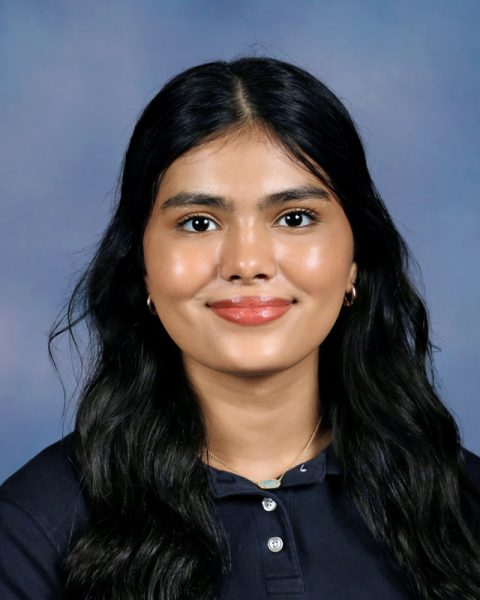Ramadan is one of the holiest months of the year and is celebrated by millions of Muslims worldwide. During this time, Muslims do not consume food or drink from sunrise to sunset, also known as fasting. According to muslimaid.org, the day begins as Muslims wake up early and eat Suhoor, the meal eaten before fasting. Fasting is then initiated when Fajr, the first of the five daily prayers, begins. Muslims do not eat or drink until Maghrib, the fourth daily prayer. This process is repeated for a month, and Eid starts the next day as a celebration marking the end of Ramadan.
Many people wonder why Muslims have to fast and what they learn from it. According to muslimaid.org, “Fasting is an act of worship prescribed to teach self-discipline, gratitude, and humility while earning Allah’s pleasure and blessings.” It teaches people to not take things for granted and demonstrates the value of patience. It also states that people can, “Seek forgiveness and grow spiritually while appreciating blessings and practicing charity.” This month is about reconnecting with religion and learning more about oneself. People also learn how to be closer to God or Allah. Those fasting for the first time, including children or newly converted Muslims, learn more about their beliefs through Ramadan.
Aleeza Arain, grade 12, is the president of the Muslim Student Association (MSA). Leading this club is very important to her, as she explains, “I hope people learn a bit more about my religion, and it allows them to become more educated on a religion other than their own. I hope people are able to learn about Muslim values and practices, allowing them to be better friends and peers to those of the Islamic faith. I believe educating ourselves will lead us to a more inclusive and understanding society!” She hopes that not only non-Muslim but also Muslim students can learn more about Islam, and she wants to normalize celebrating Islamic holidays at school.
Aleeza will be hosting an Iftar, an event where we break our fasts and eat many delicious meals together at school, on March 6. Even if people do not celebrate Ramadan or are non-Muslims, she hopes that everyone will join and learn more about the religion and holiday. Aleeza celebrates Ramadan and Eid with her family by, “Spending the majority of the day together! We usually first go for Eid prayer in the morning, and then for the rest of the day, we meet with friends. If we are out of town, we spend time with family members who live in other parts of the U.S. or Manchester.” She believes this holiday is not just about reconnecting with religion but also about spending time and connecting with family and friends.
Aleeza also states fasting teaches her, “How to appreciate everything I have been blessed with. There are so many people who suffer from a lack of food and water. Fasting always helped me to realize how privileged I am and allowed me to be in their shoes for a day.” Fasting teaches people about empathy, and as Aleeza said, it puts people in the position of less fortunate people.
When it comes to fasting, I believe it is a great experience and teaches me a lot about my religion, Islam. I can connect more with family and friends as we go through the fasting process together. In my family, we celebrate Ramadan the most common way others celebrate it, and my family and I either hold or go to Iftars. My family makes many traditional South Asian meals at home when we break our fast, including Samosas, Haleem, Roti, Pakora, and more. My family also likes to make a drink where we put Rooh Afza syrup, sugary rose water, in either milk or water. It is a very delicious sweet drink.
At my local mosque, we also perform an extra prayer called Taraweeh. It is completely optional to perform Taraweeh, but it increases the reconnection with our religion and Allah. After our prayers, we usually go outside, where many stalls are set up where people sell food, clothes, and jewelry for Eid. There are also stalls where girls and women can get henna done for Eid, which is usually set up towards the end of Ramadan. Many fun activities are held on the last day of Ramadan, and even more food and shop stalls are open for children and adults.
After a whole month of fasting and celebrating Ramadan with family and friends, Eid begins. The process of Eid differs from Ramadan, mainly because people do not fast on this day. The day begins when people wake up early in the morning, go to the mosque, and pray Eid prayers, different from the five daily prayers and Tawareeh. After prayers, we wish Eid Mubarak to everyone around us, and throughout the day, there are gatherings at other people’s houses. During Eid, I get my henna done and dress in my traditional Pakistani clothing, Shalwar Kameez. We pray our early prayers and go to gatherings or even host gatherings at our house.
Ramadan and Eid are the most spiritual and meaningful holidays in Islam. Many people make goals for themselves, whether trying to pray Tawareeh during the holiday or building self-discipline while fasting. These two holidays unite a whole community and help connect people with their faith. It is important for people to learn about Ramadan and Eid, as it helps them understand the process of fasting and helps teach them more about different traditions. It also helps people understand how important patience and self-discipline are in everyone’s lives. To all the Muslims celebrating these two holidays, Ramadan and Eid Mubarak, and to everyone else, may this time bring peace and unity!
